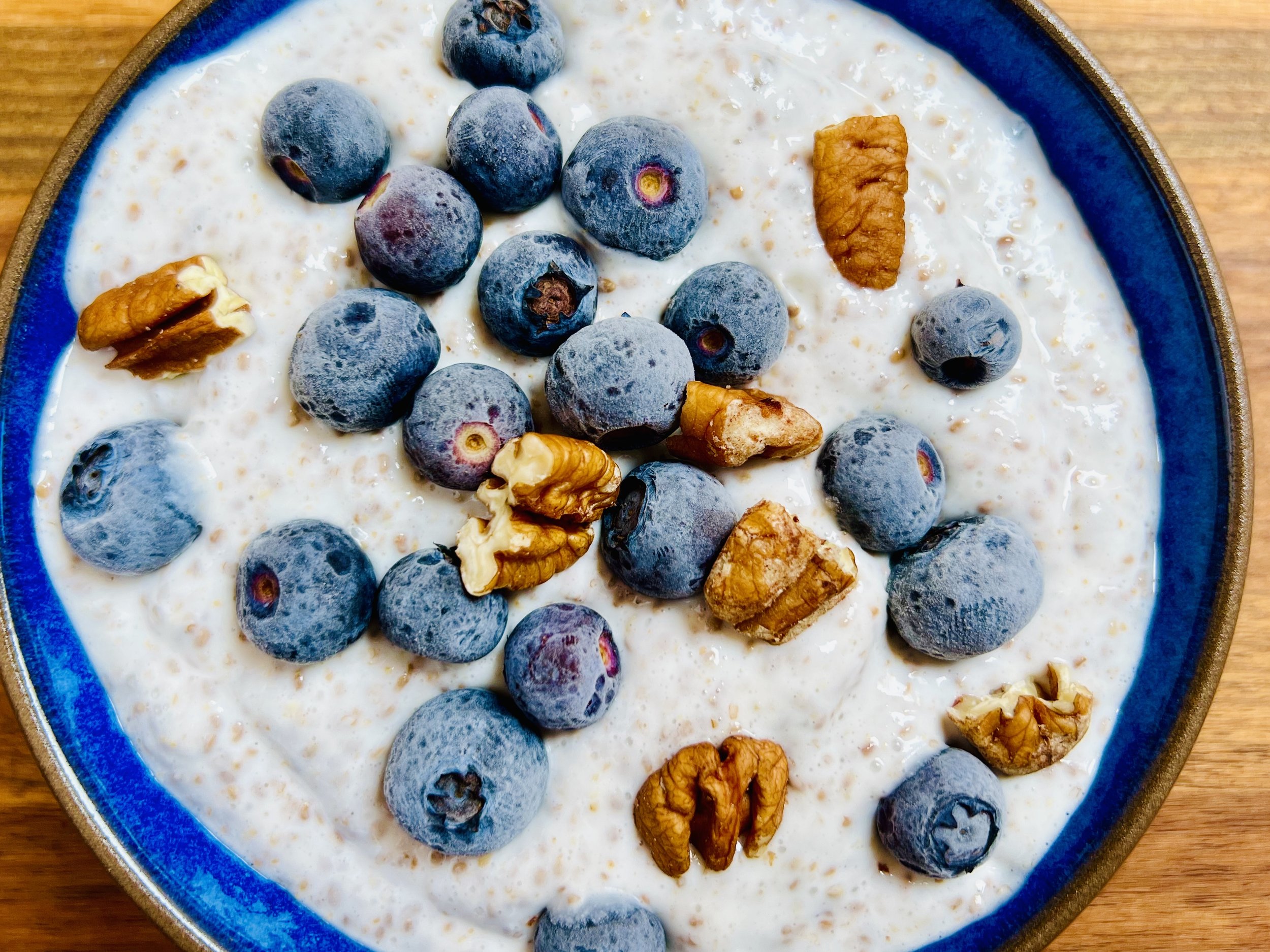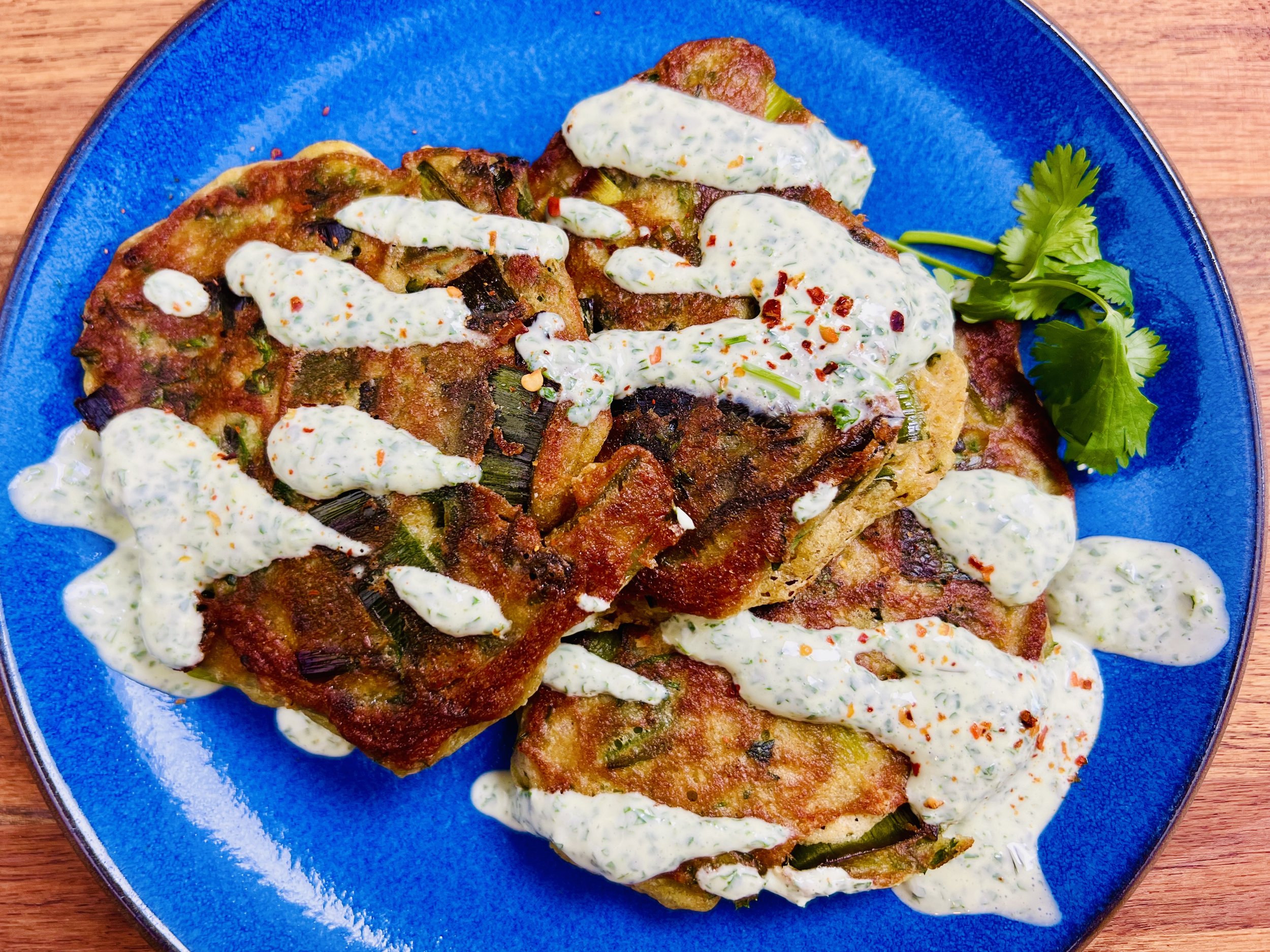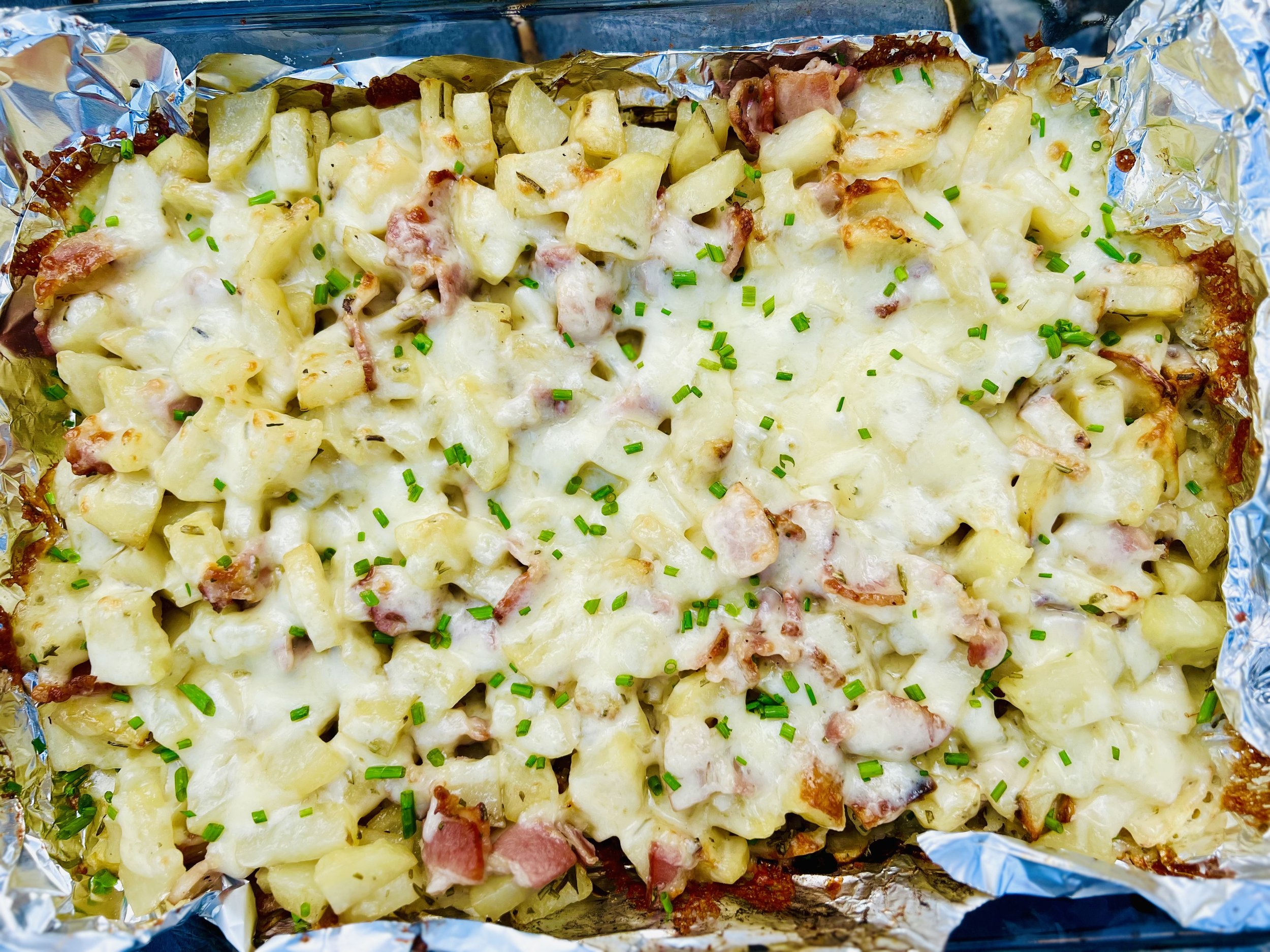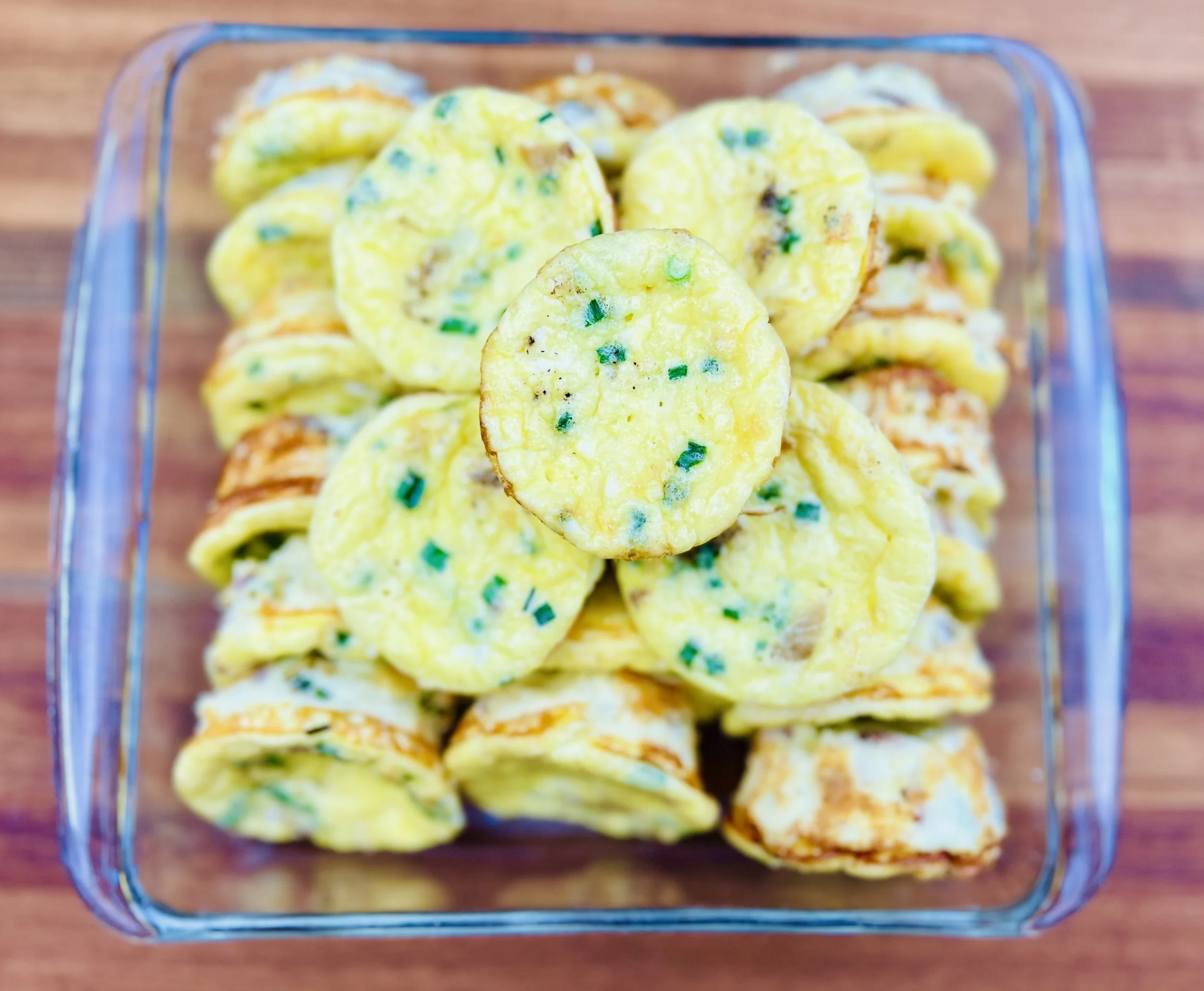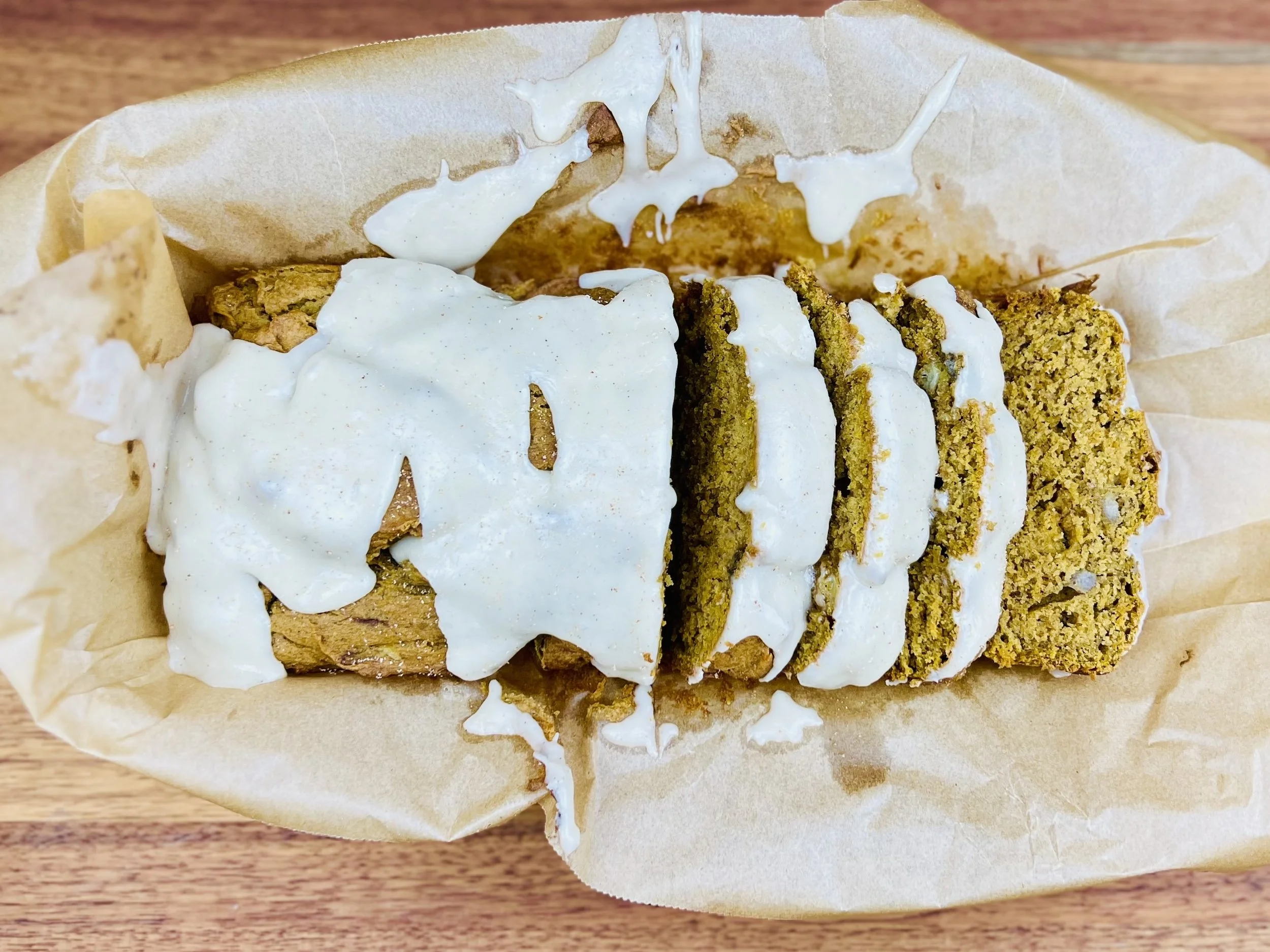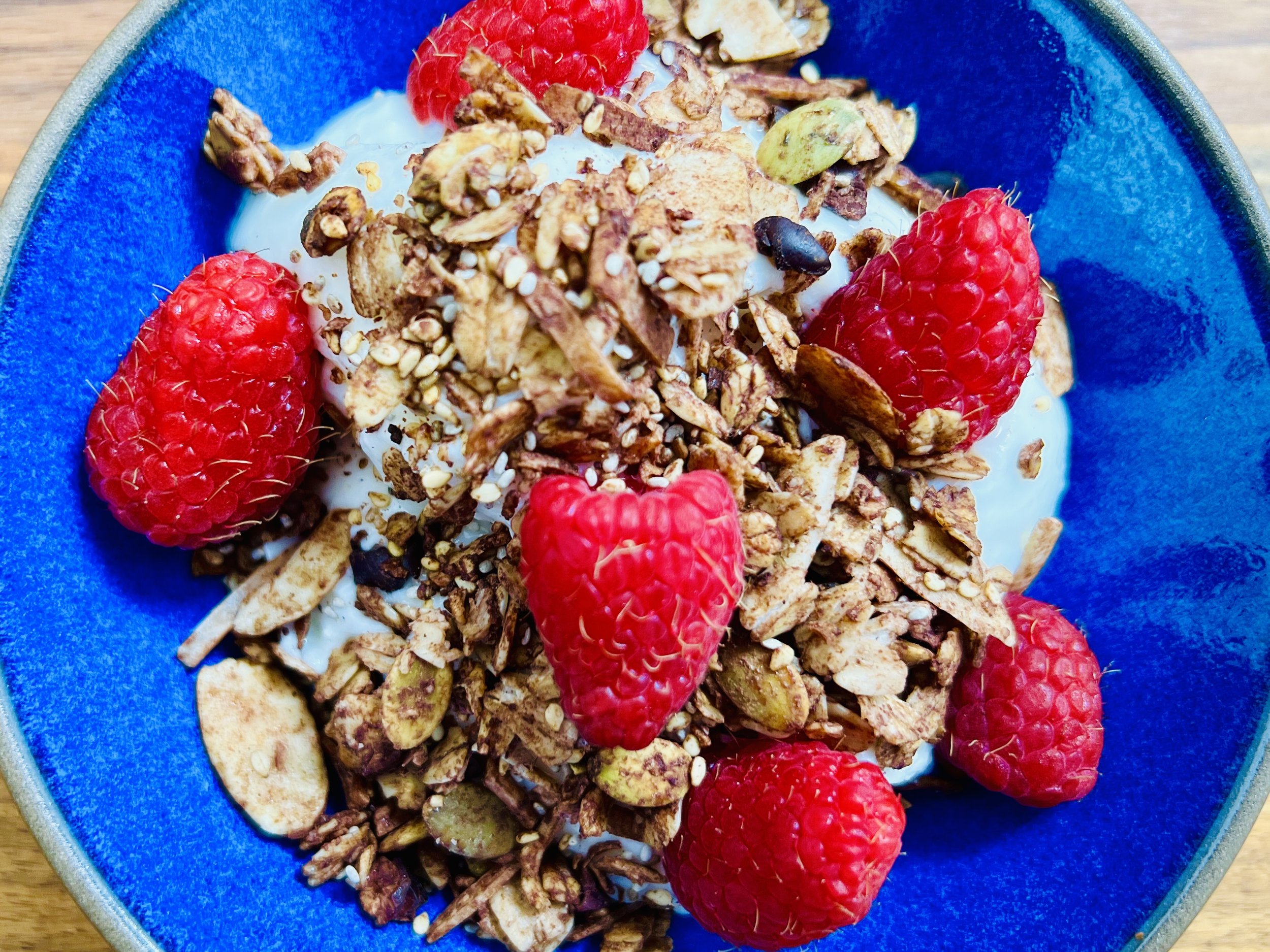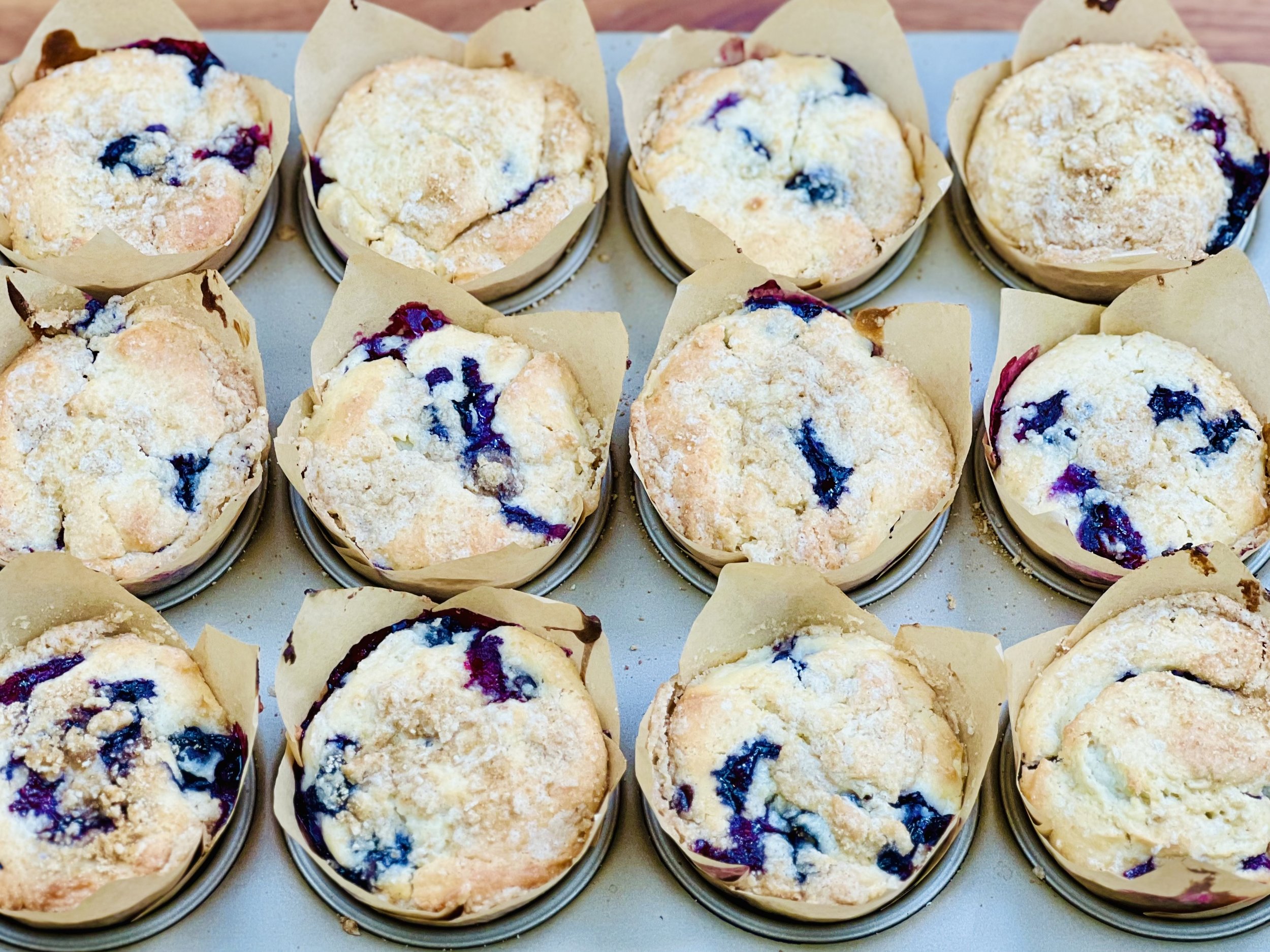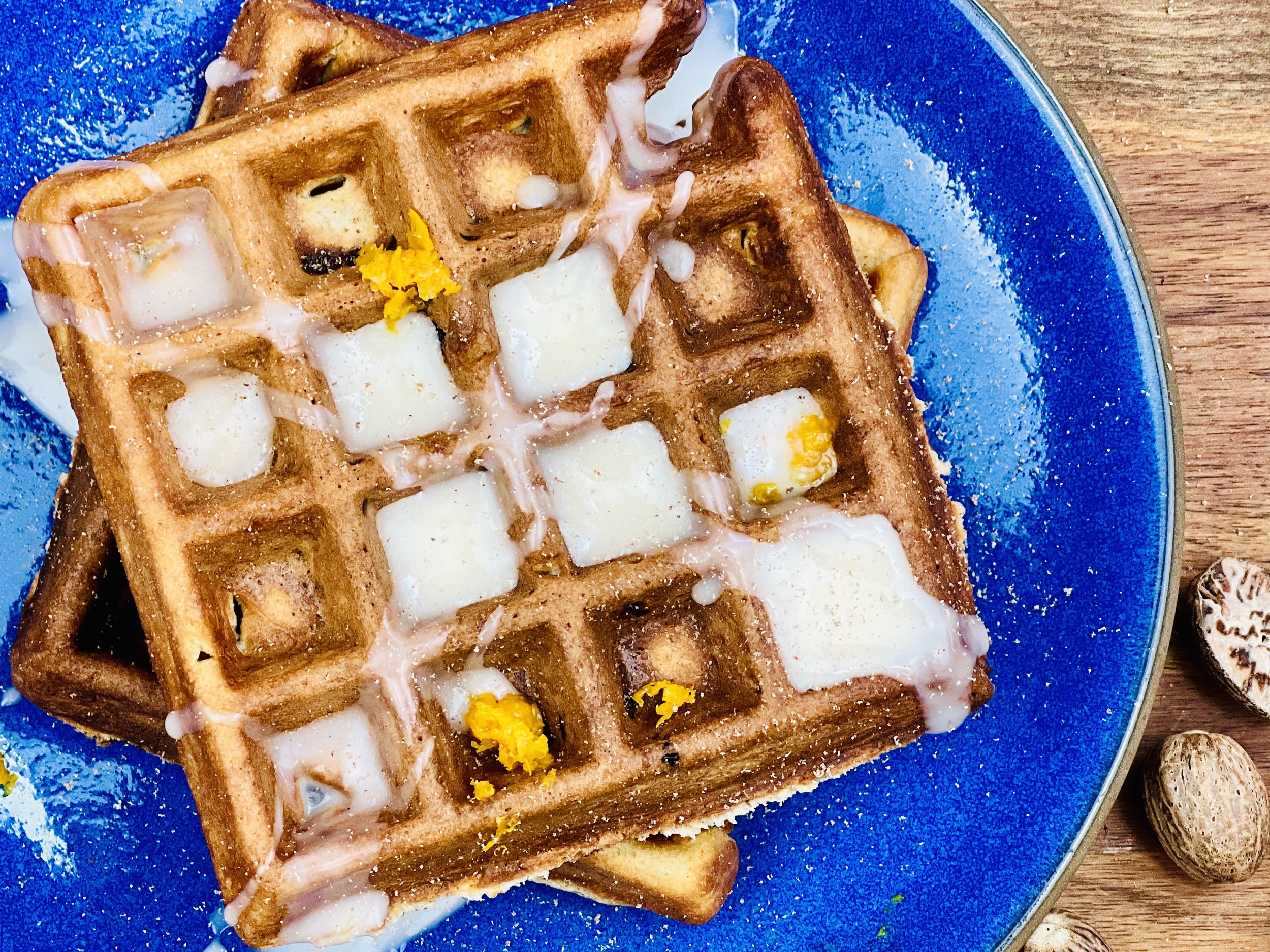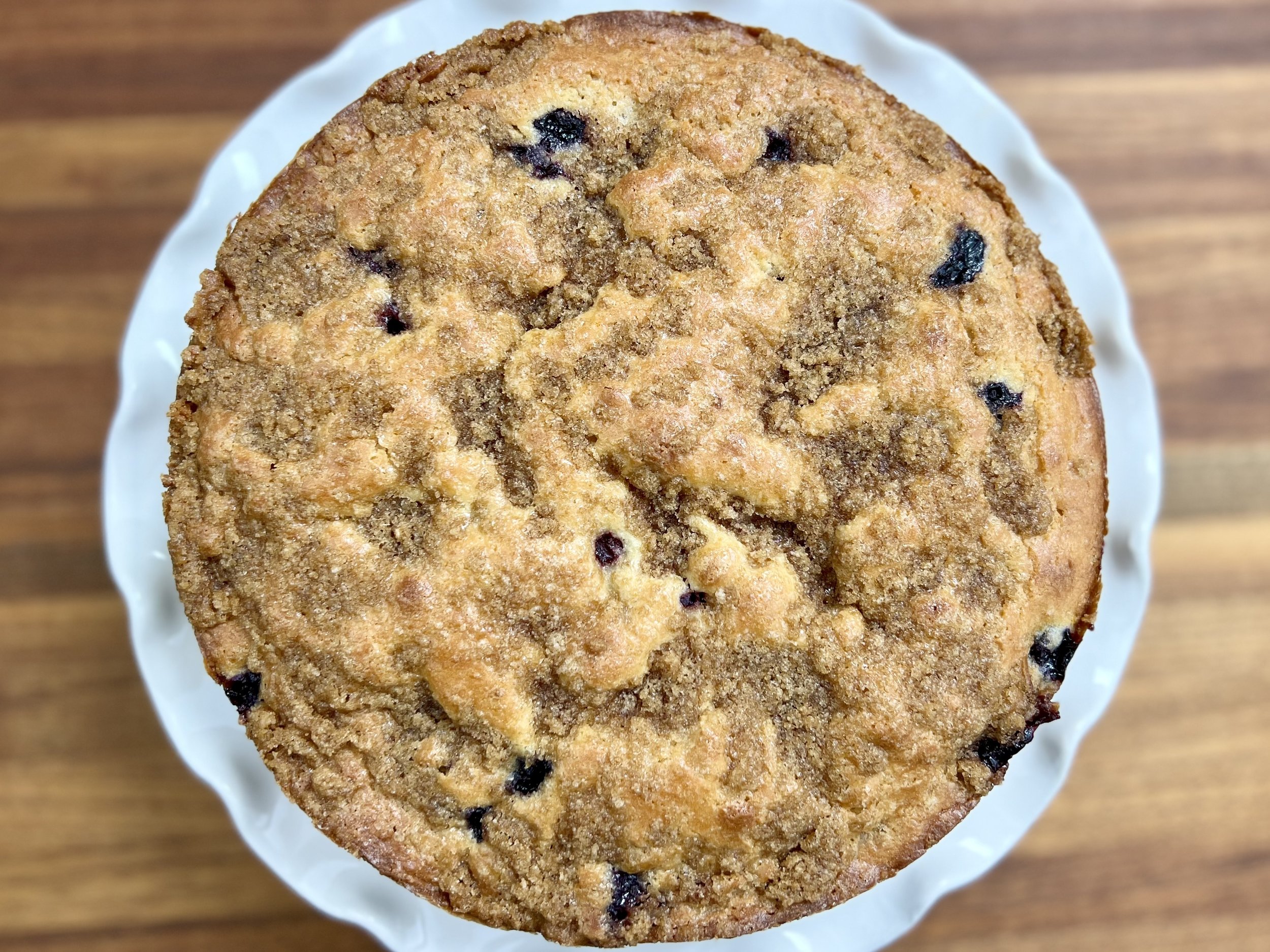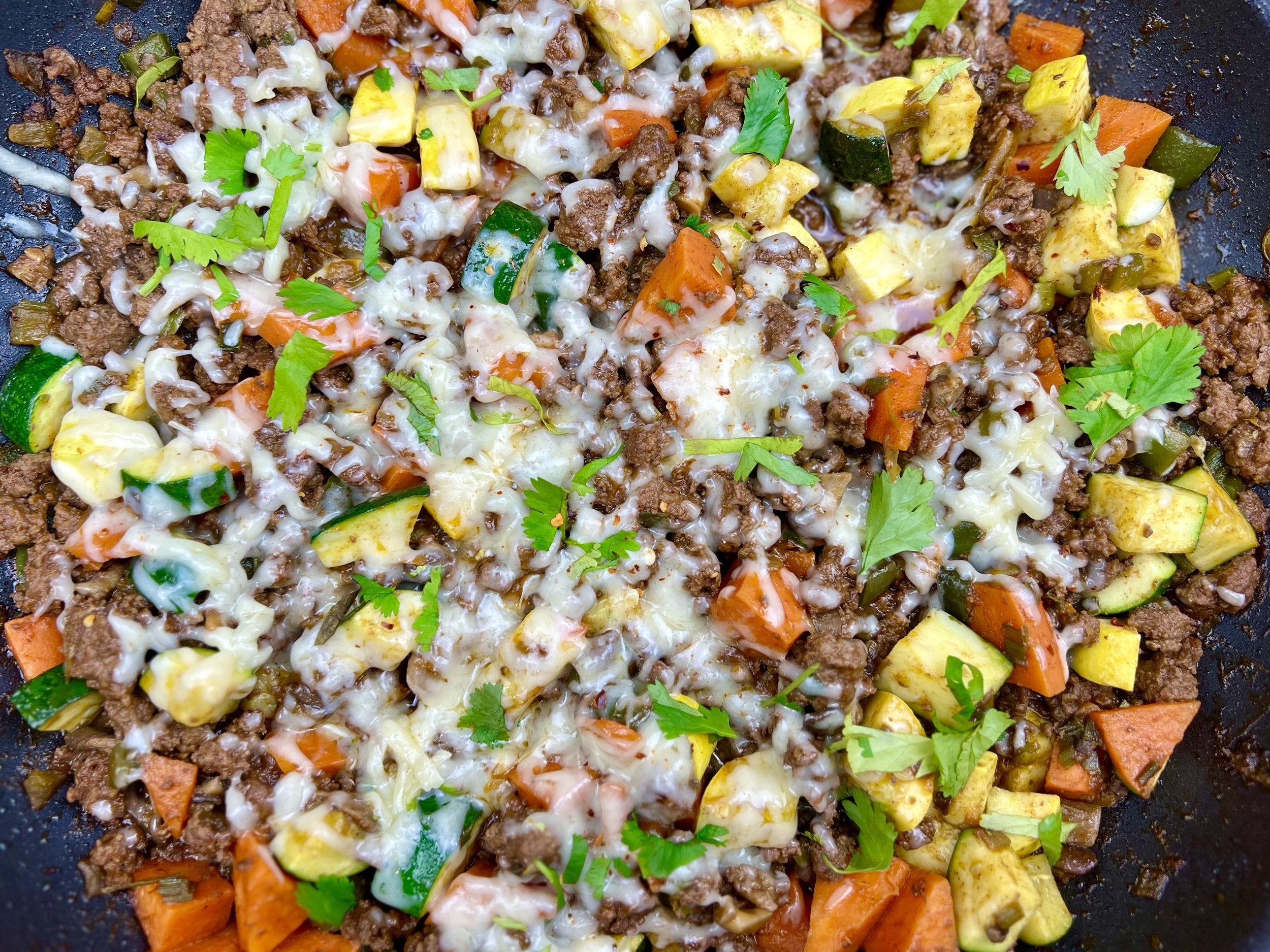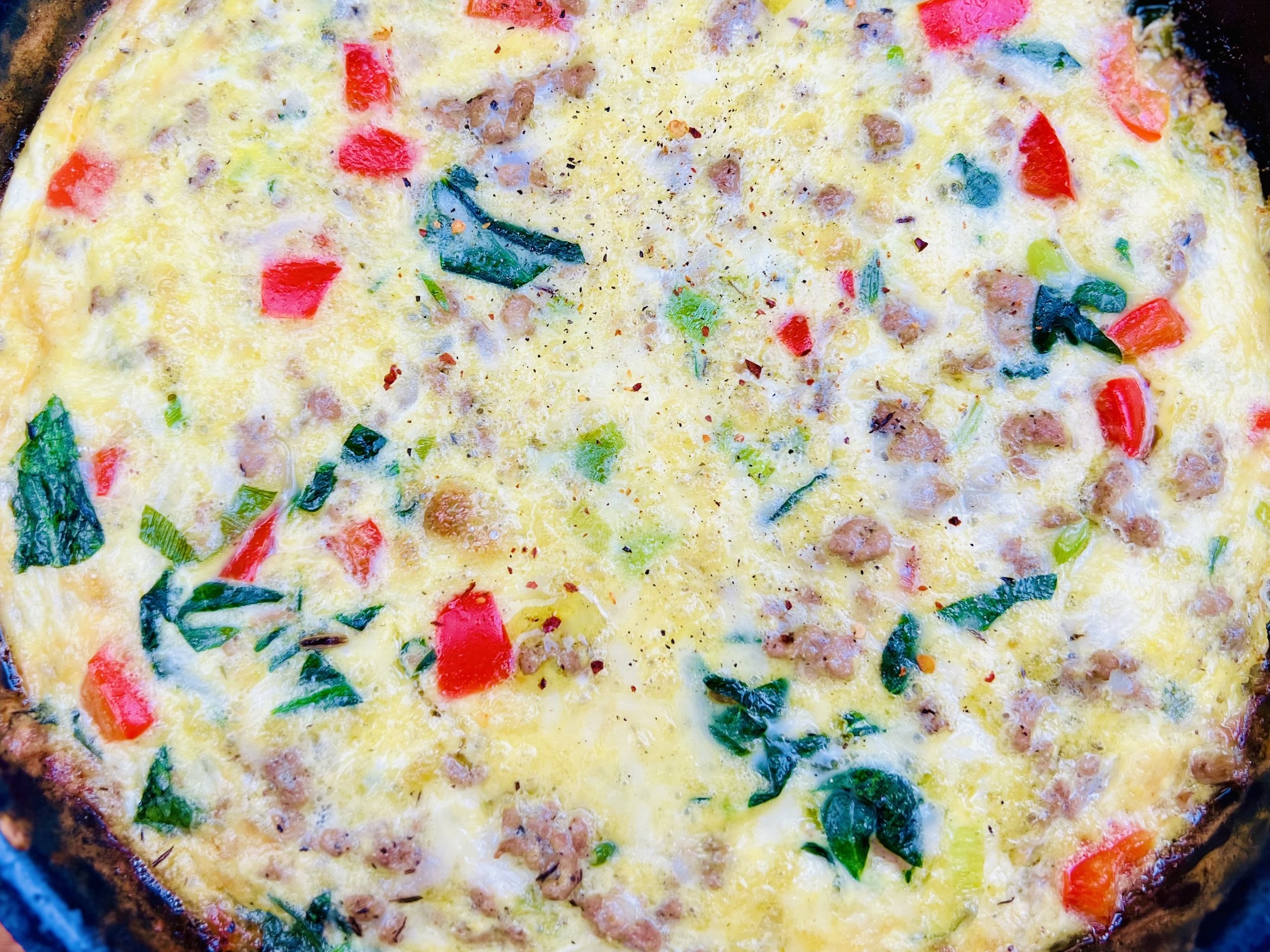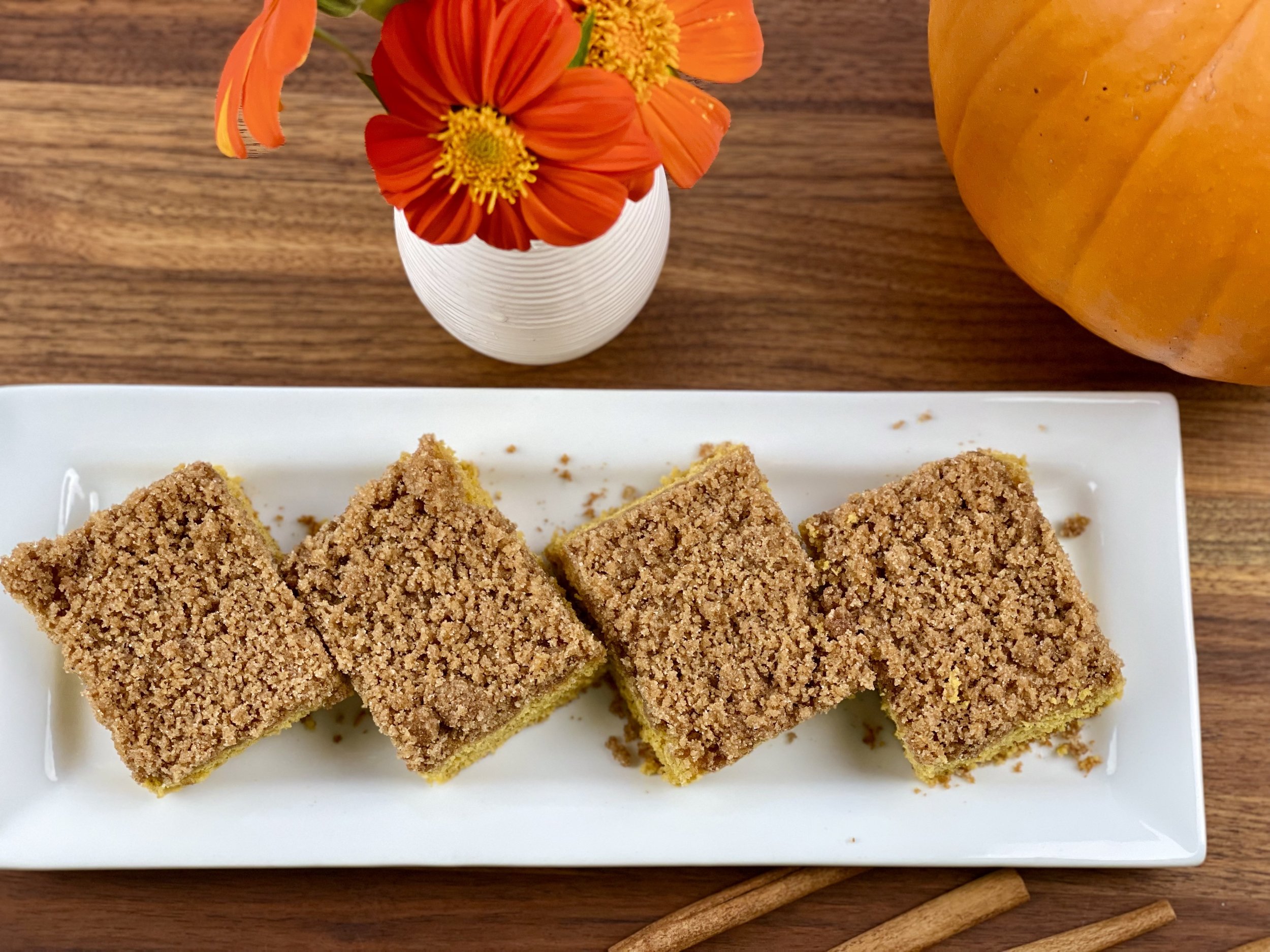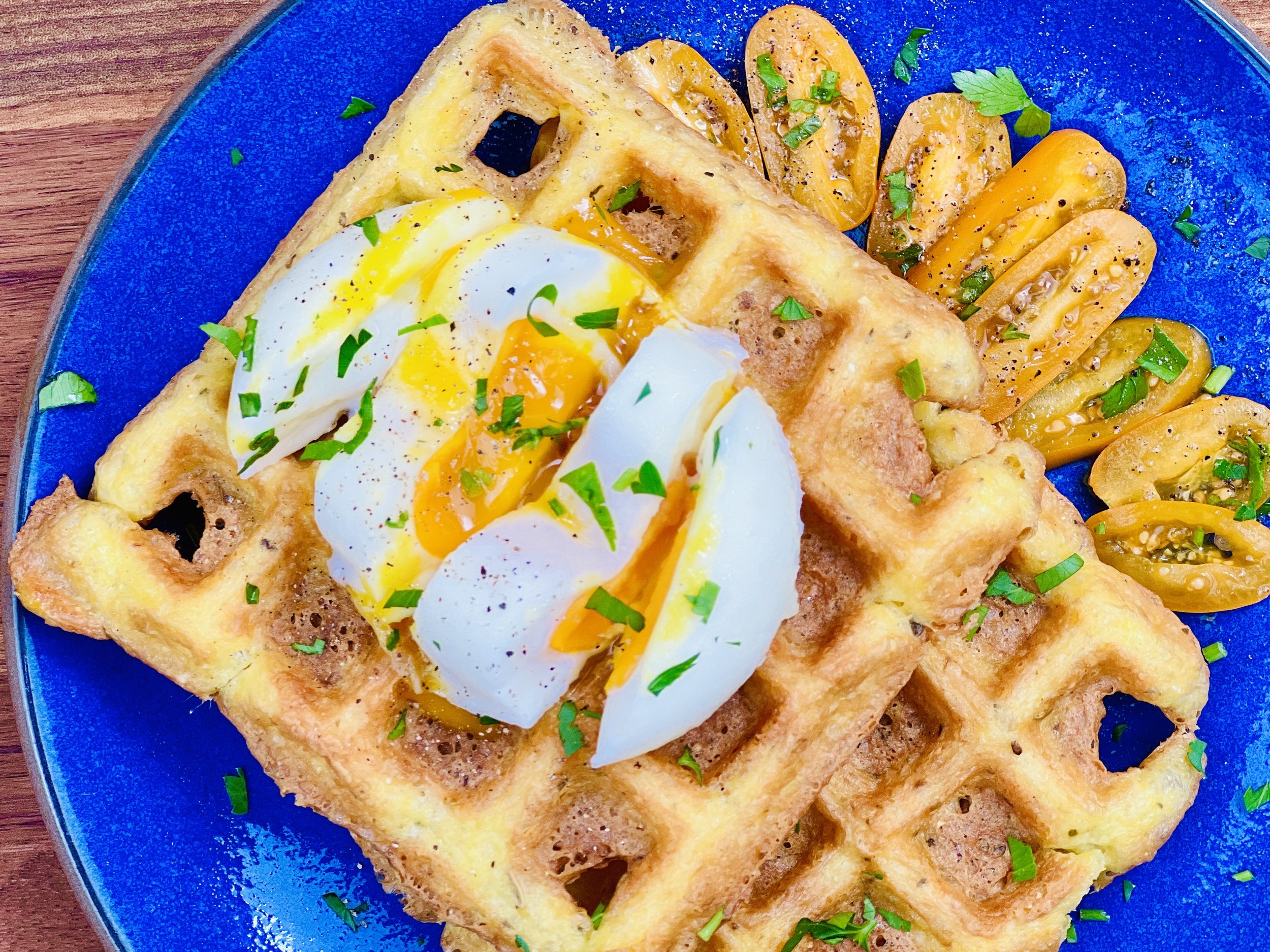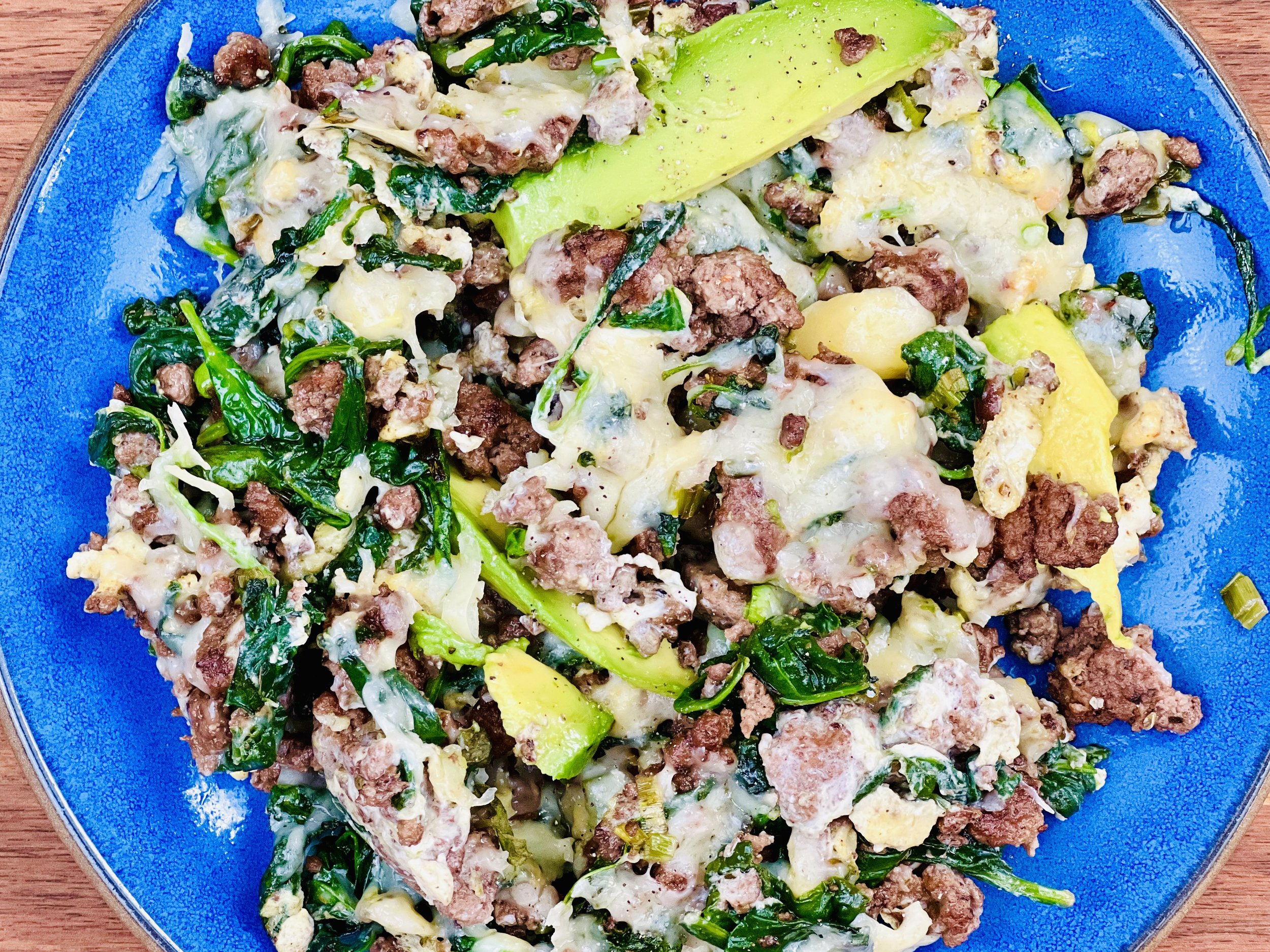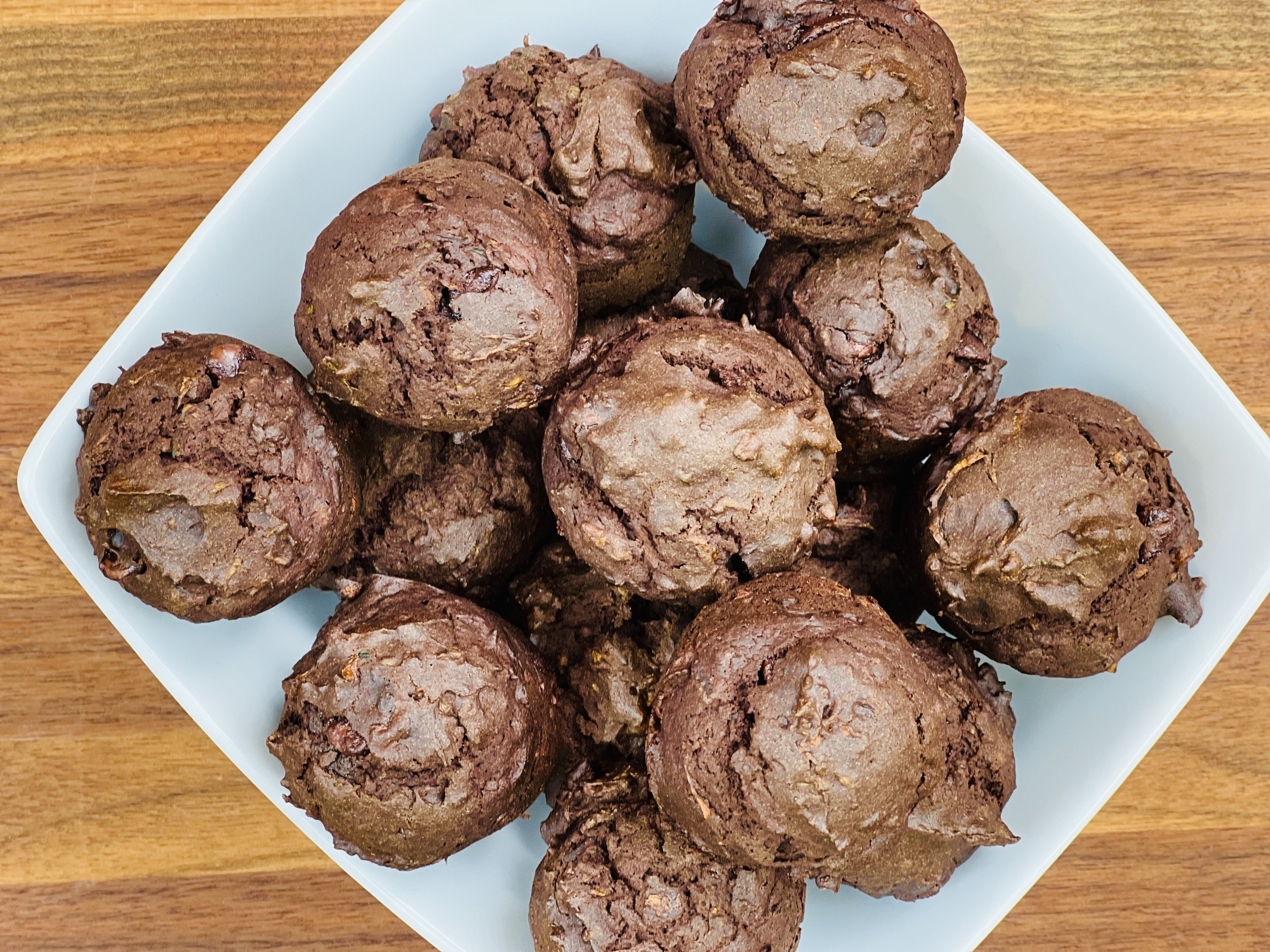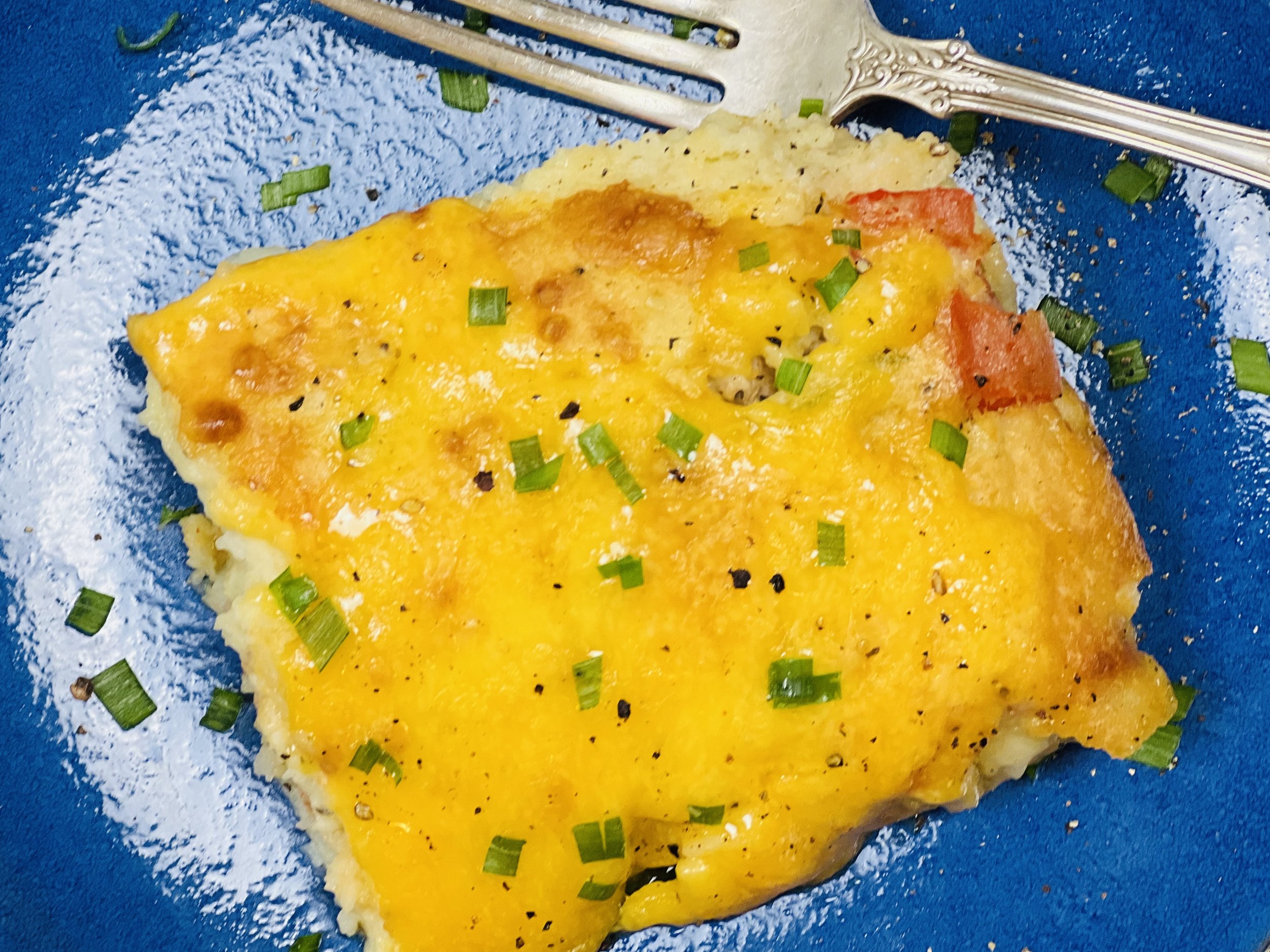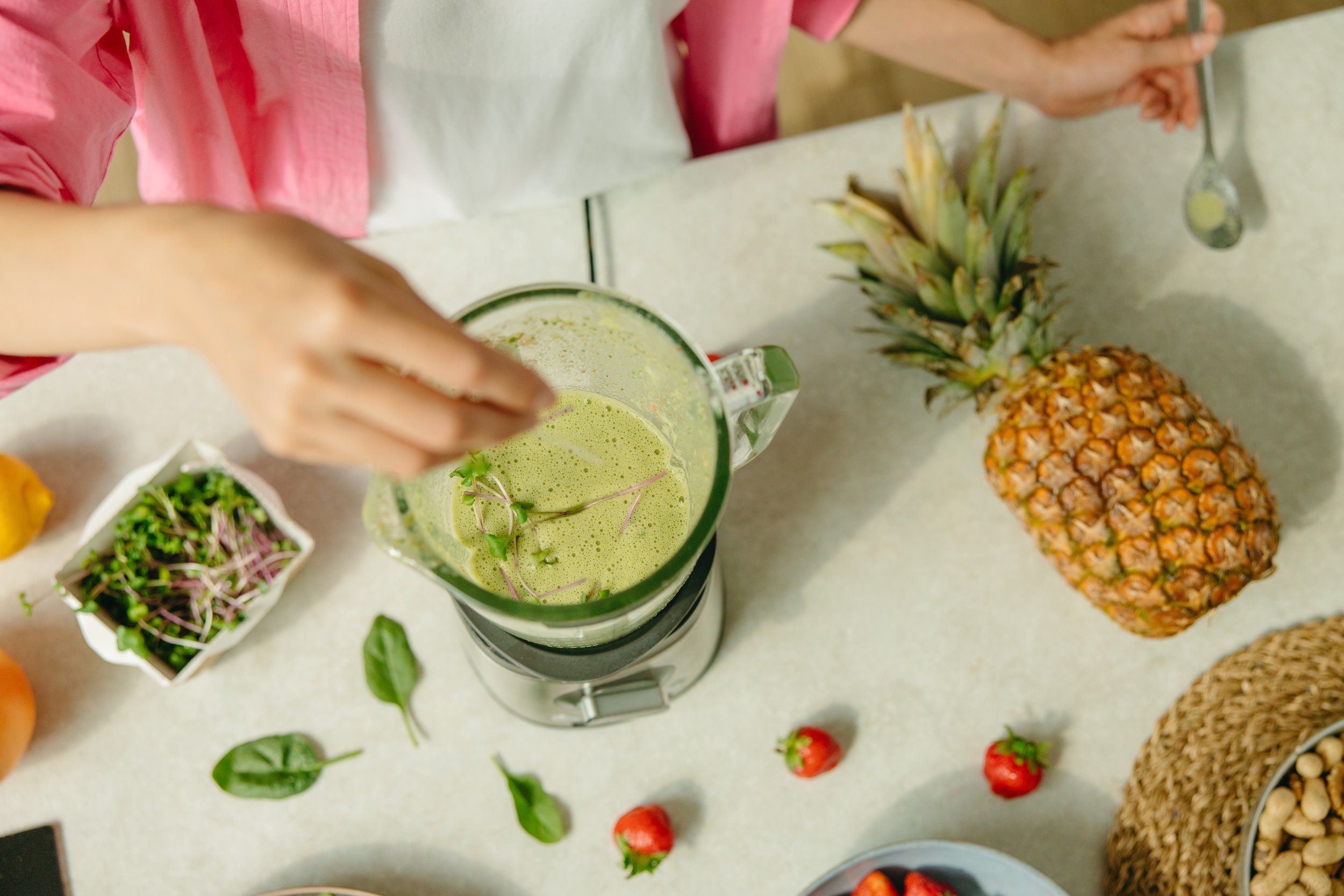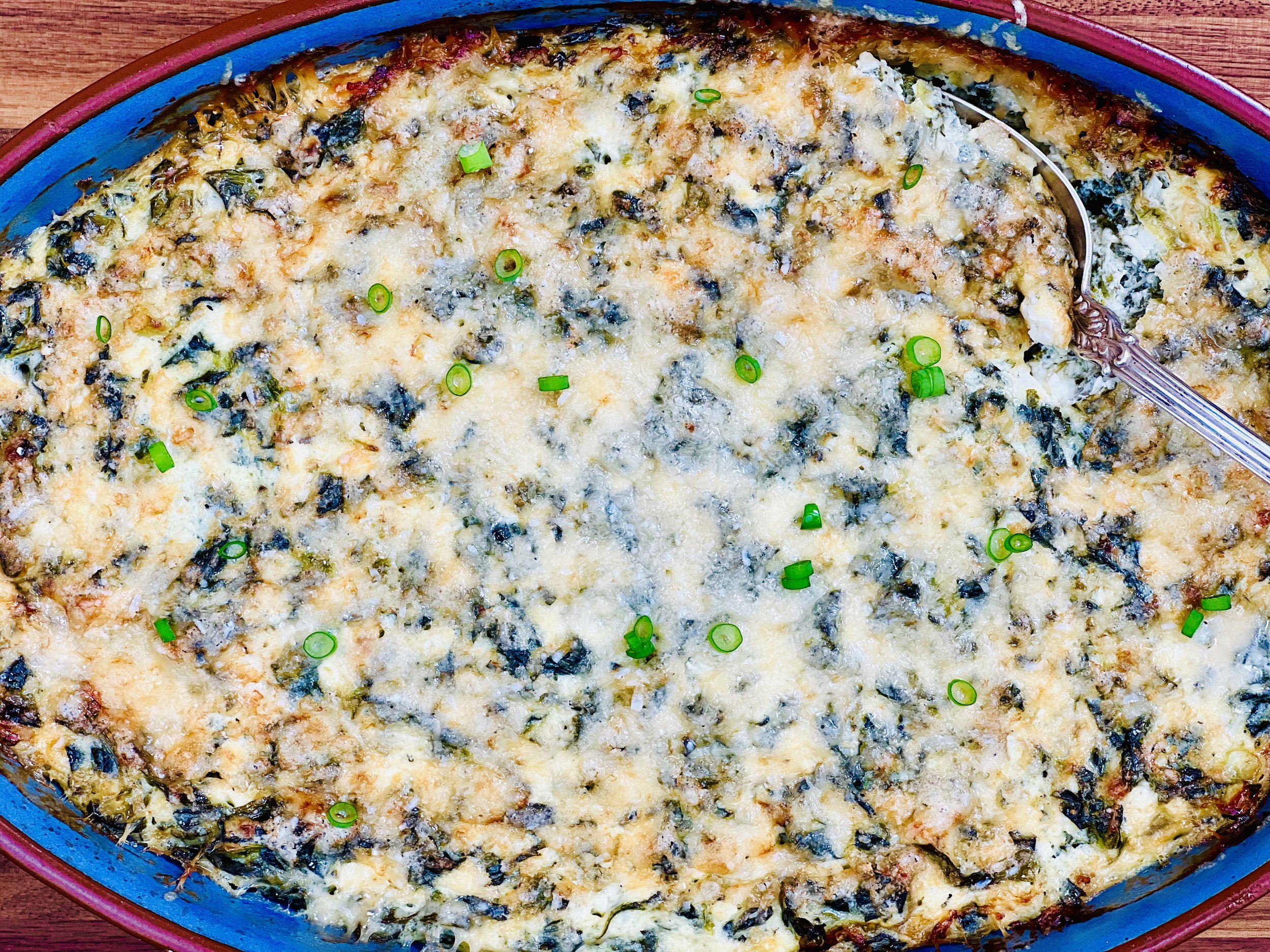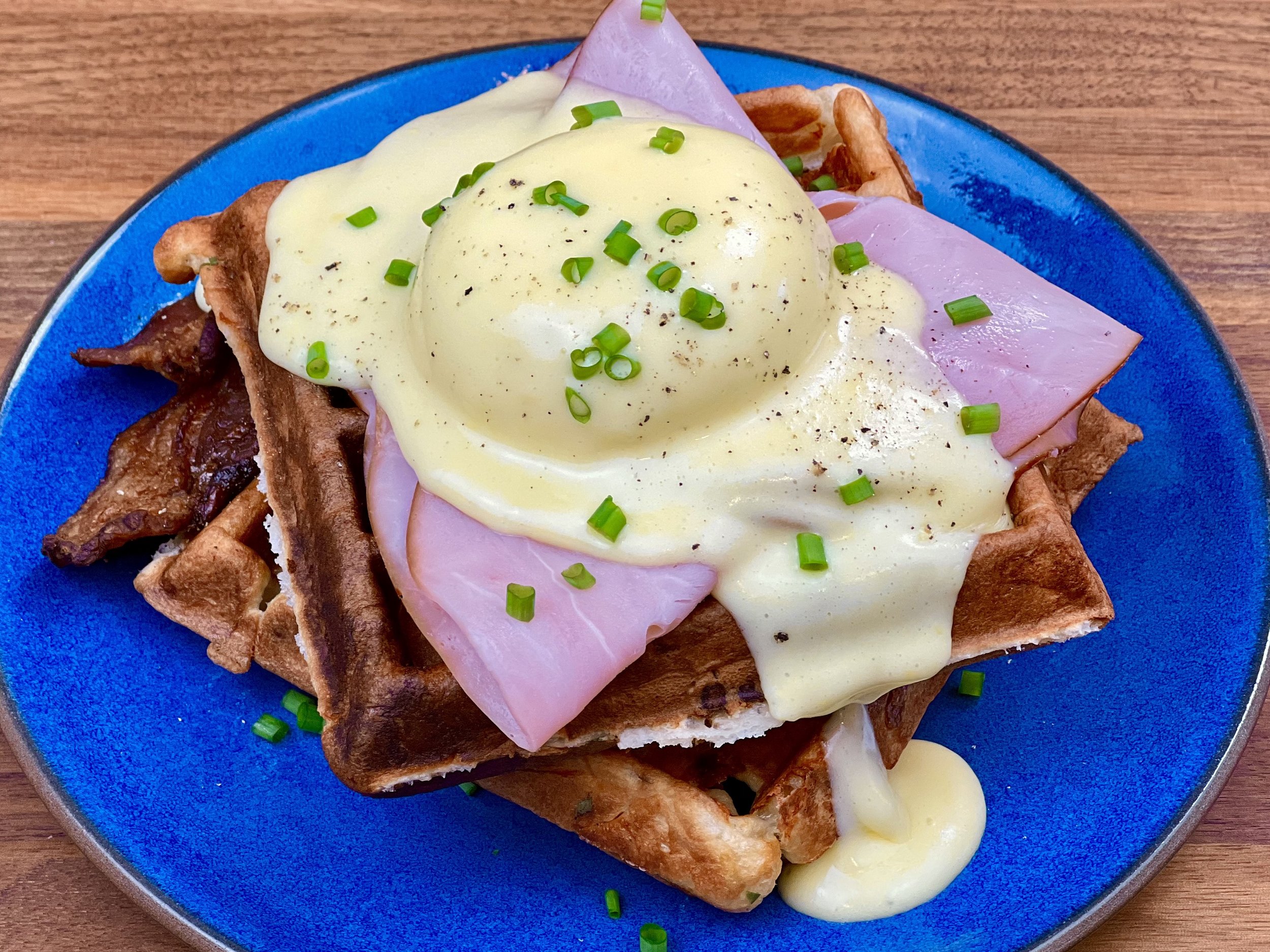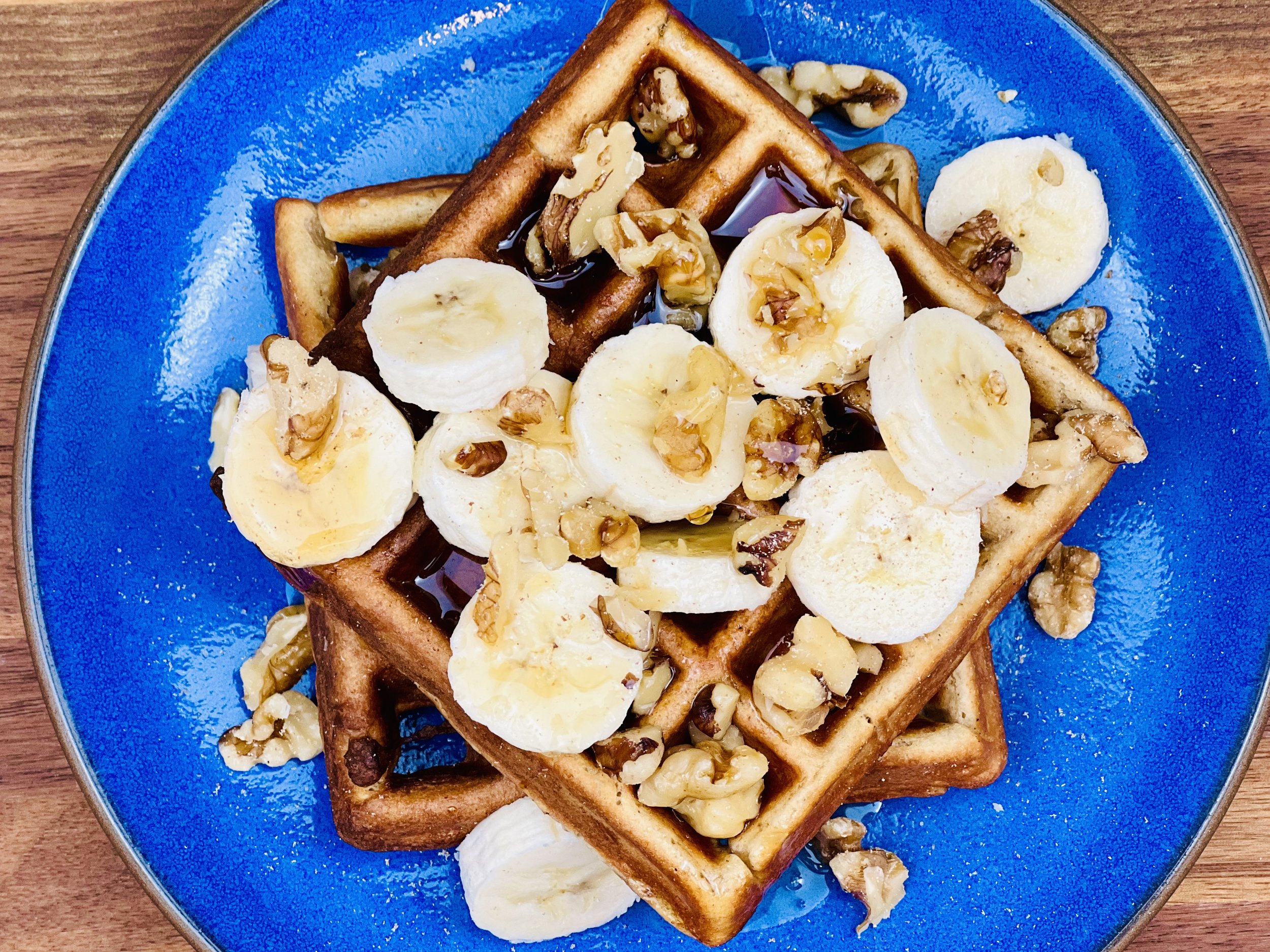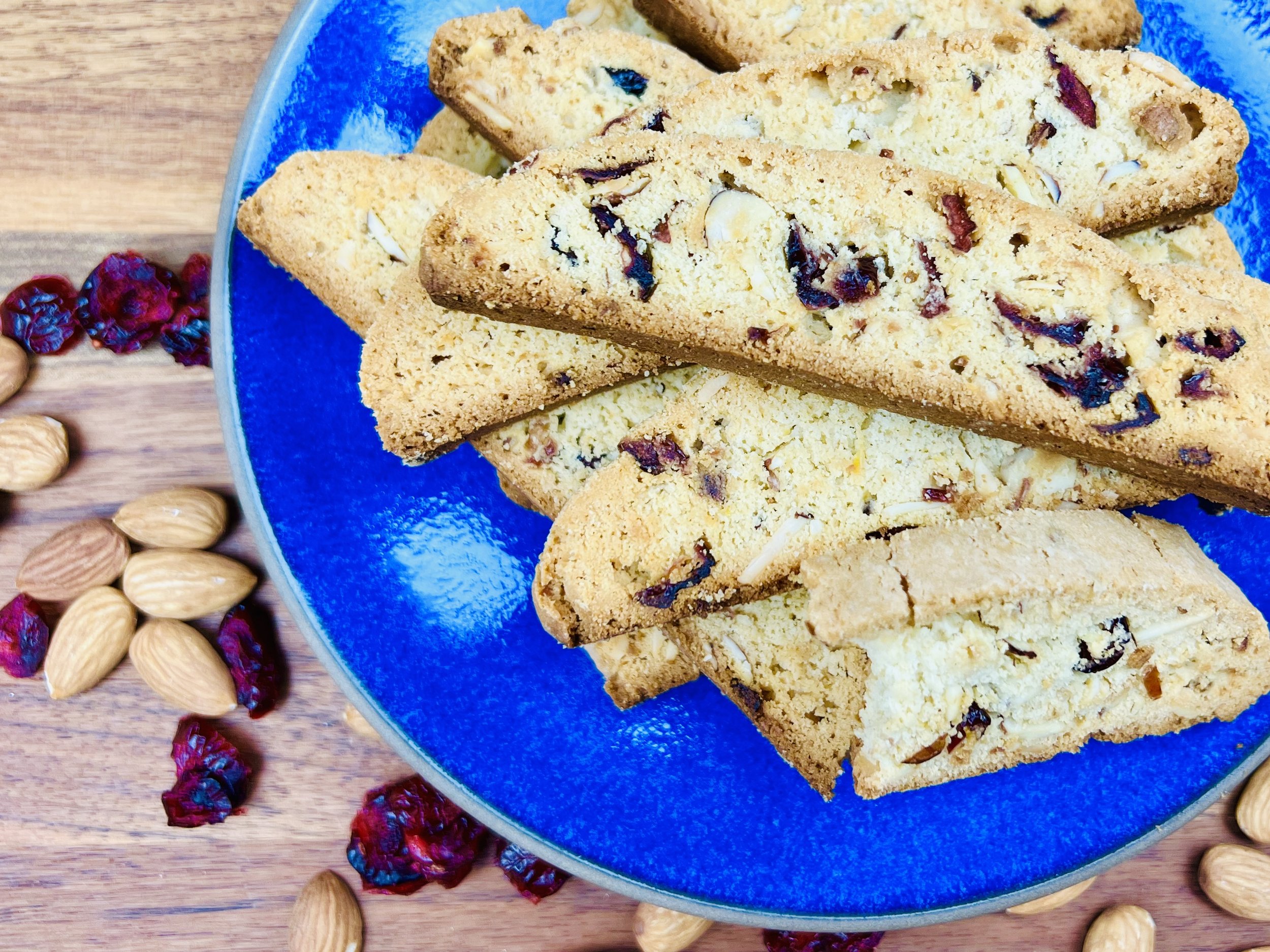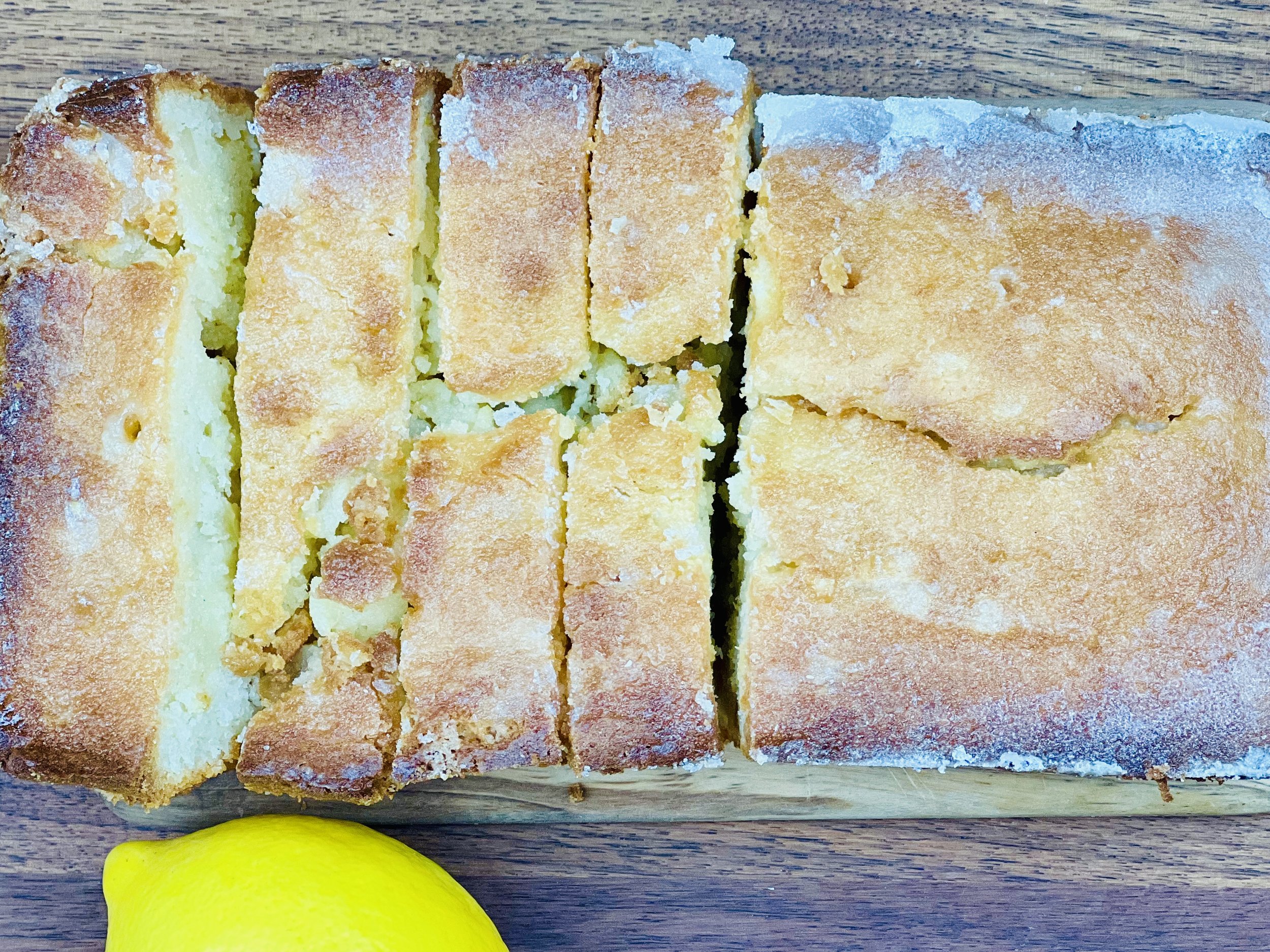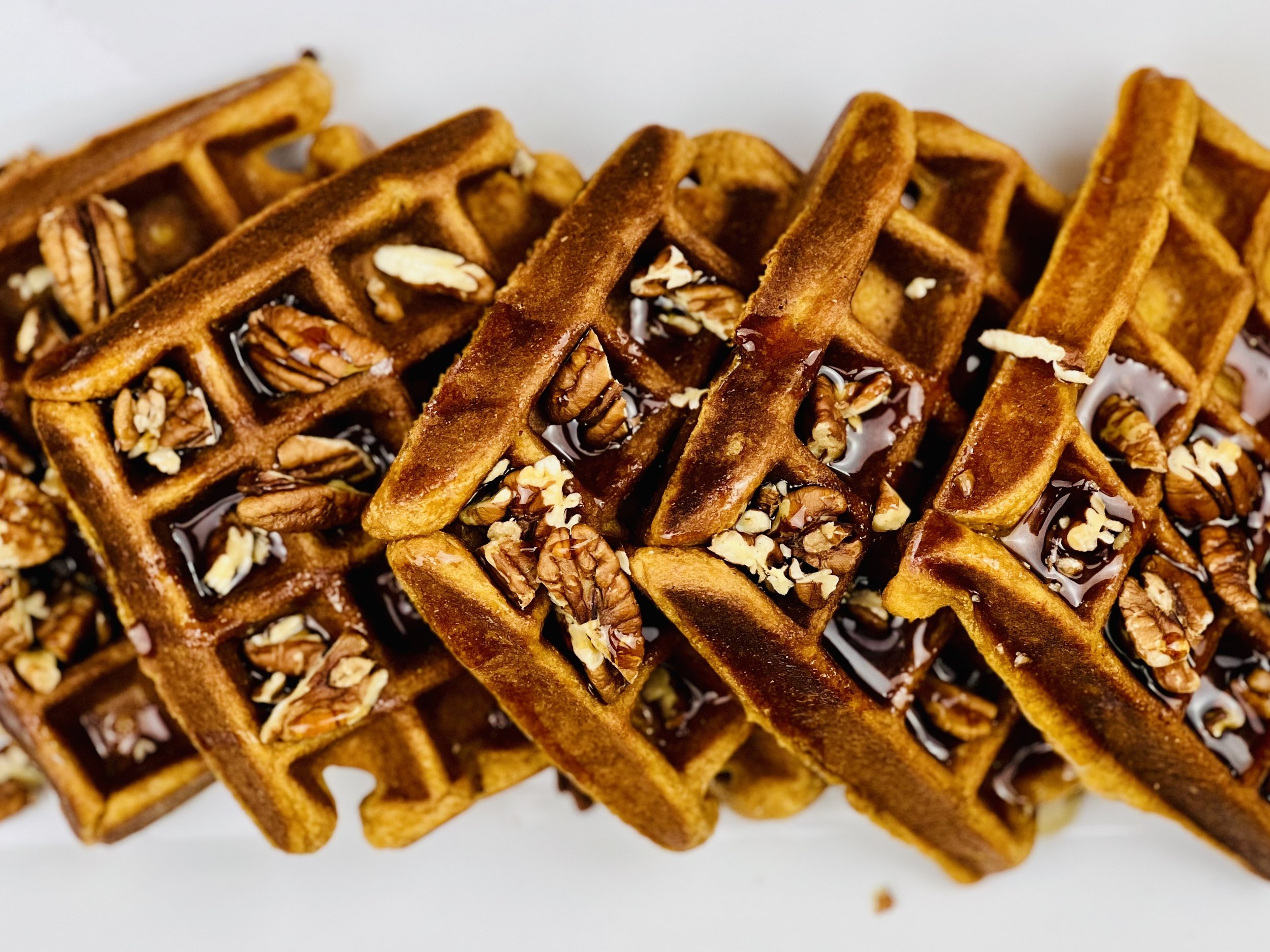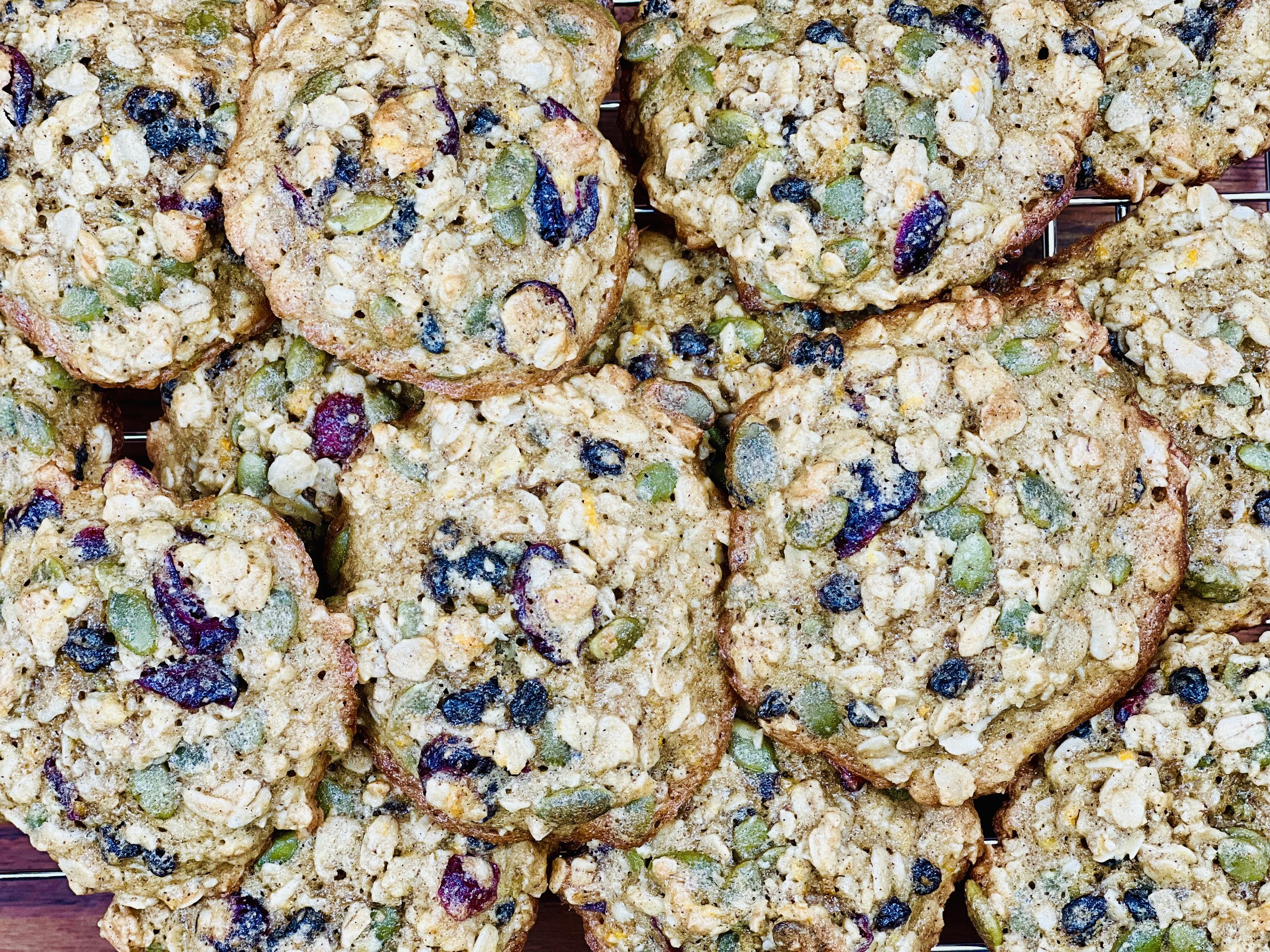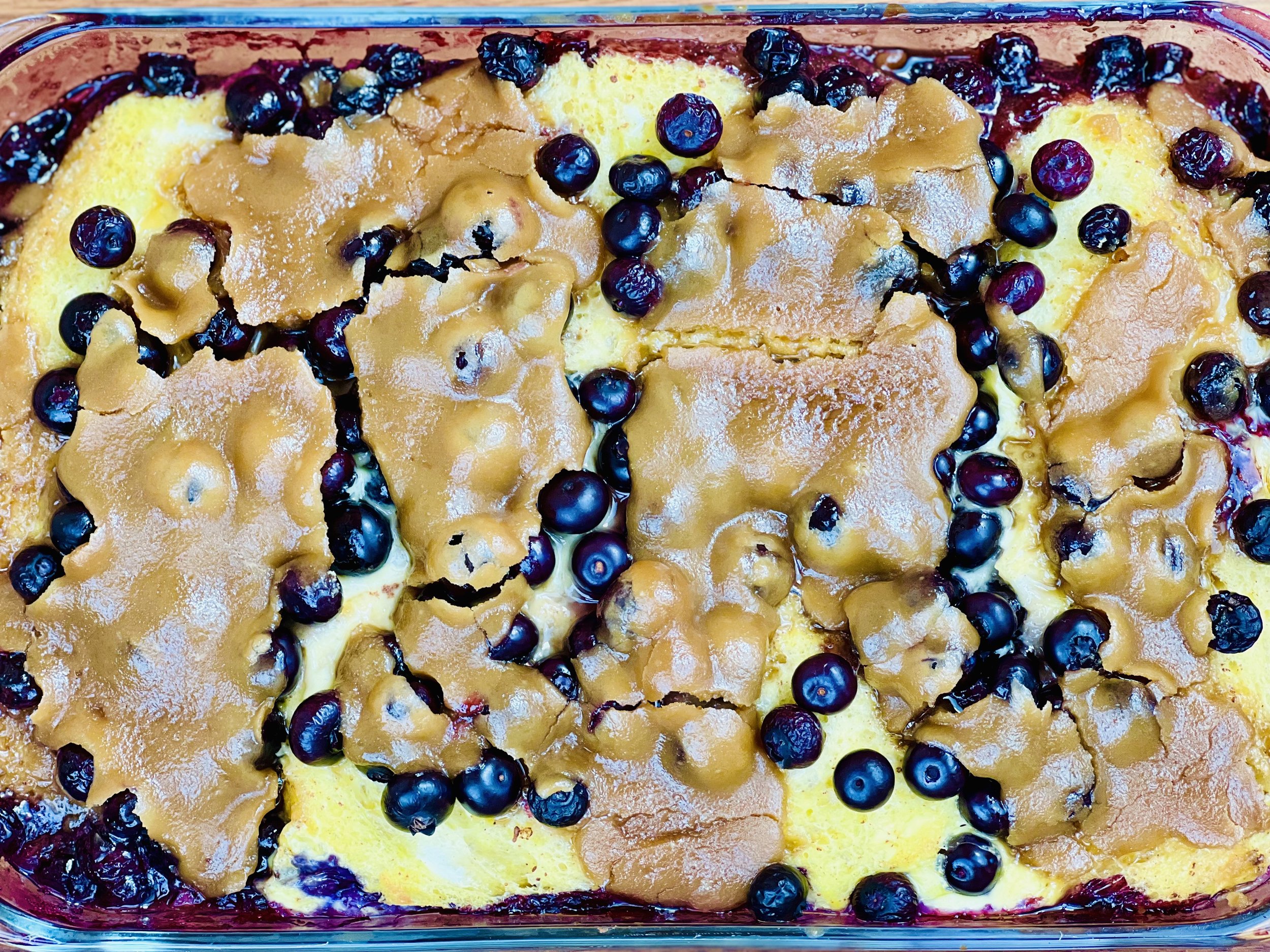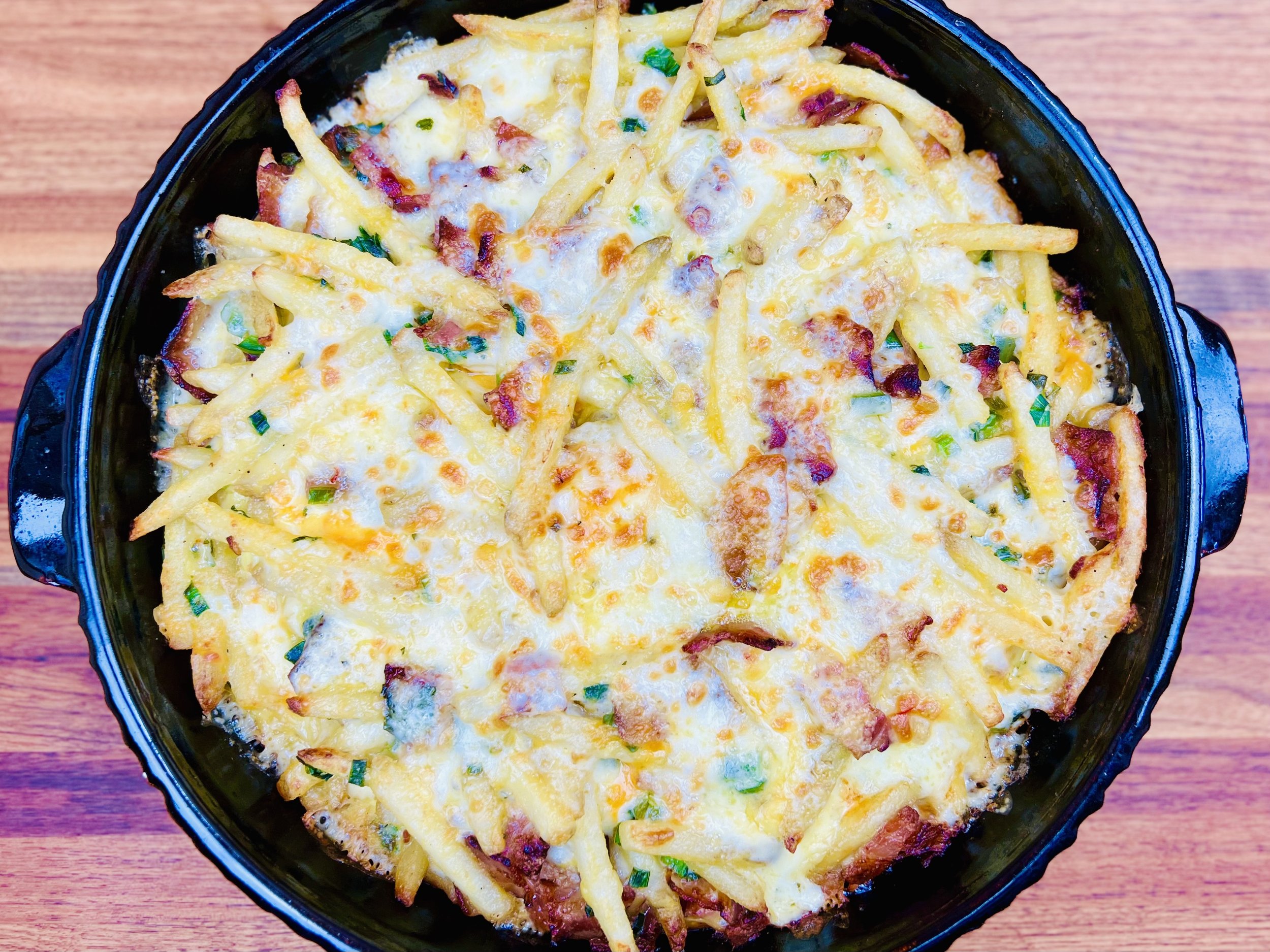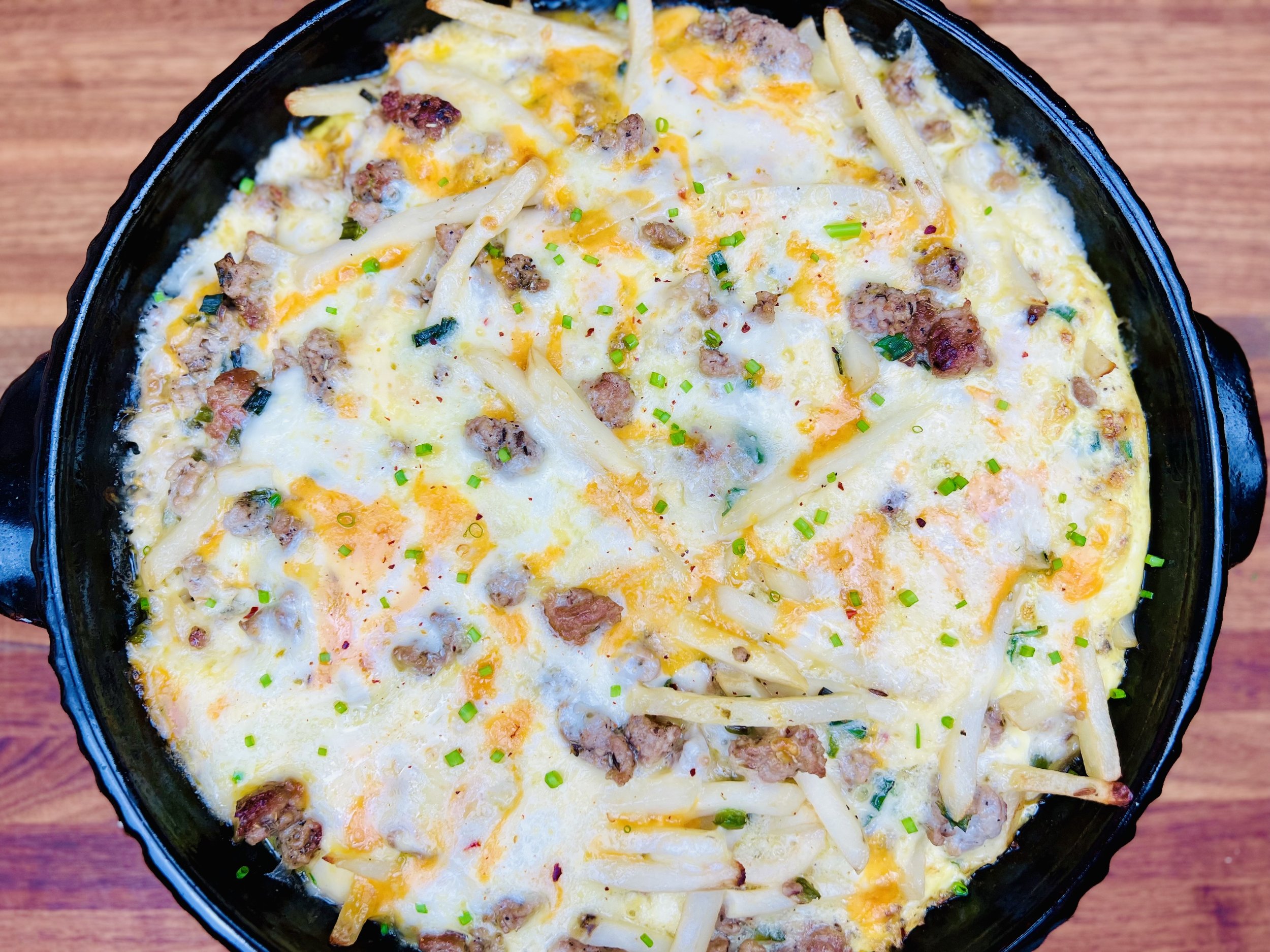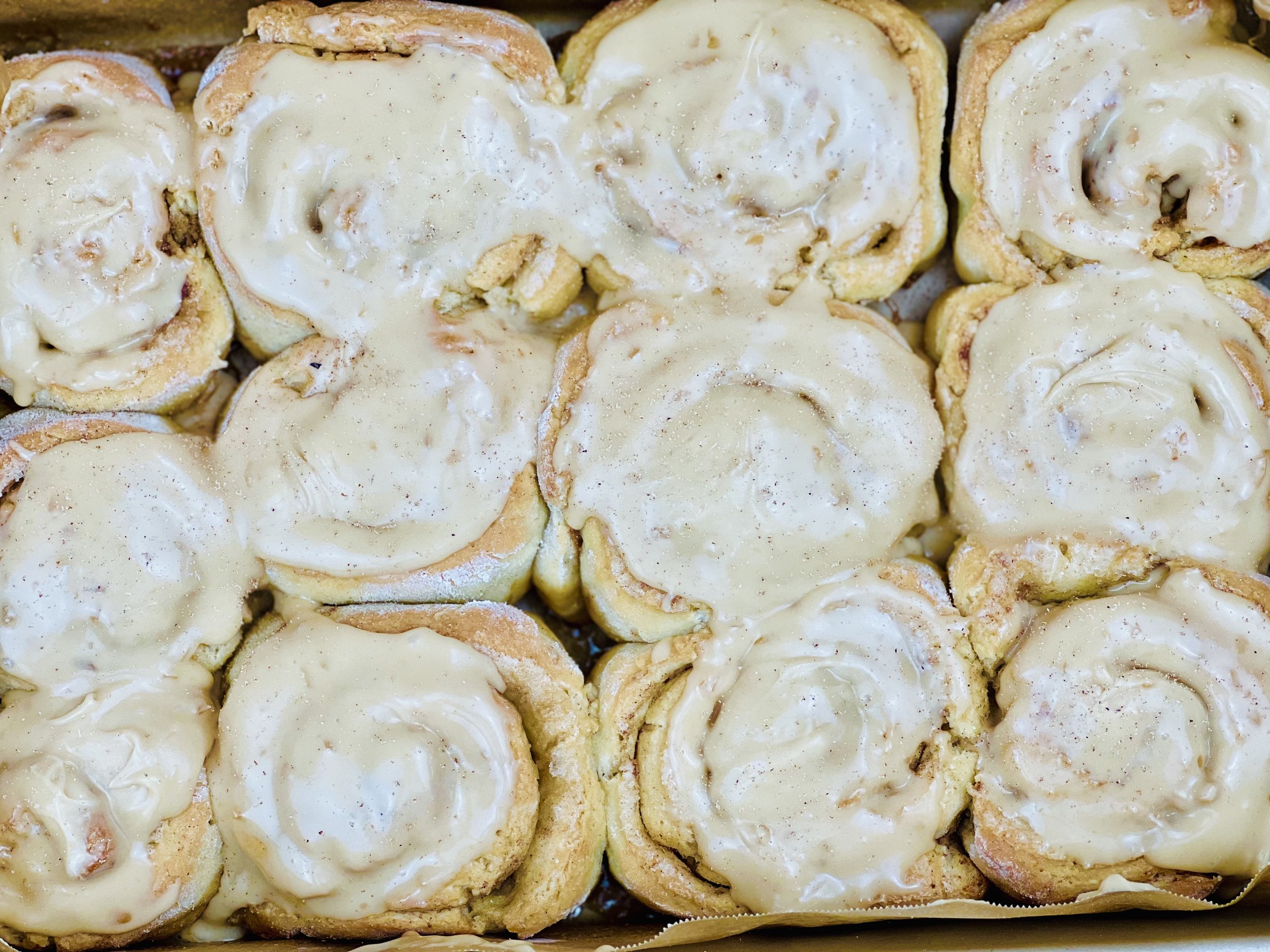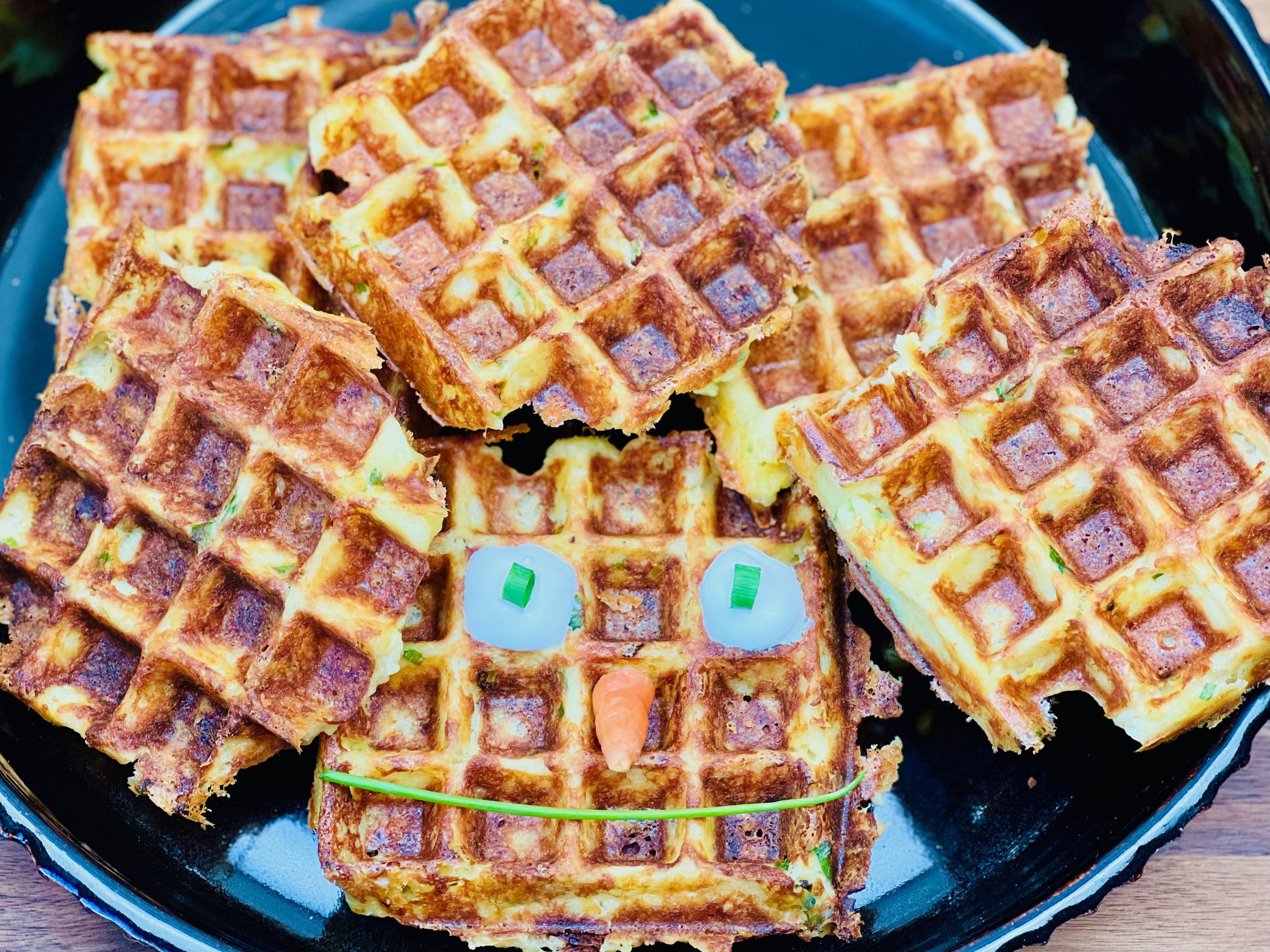Amazing Magnificent Chia Pudding (Low FODMAP)
10 Minutes prep • Overnight Chill • Low FODMAP • Gluten-free • Lactose-free • Serves 2 - 4 • Ok to make ahead: Steps 1-3
Why do I call this Amazing and Magnificent? Chia seeds are considered a super food for their many health benefits including blood sugar regulation, weight management, and bone health. They are also full of antioxidants, fiber, and omega-3 fatty acids, and they are gluten-free, and low FODMAP among other things! For those of us with IBS-C, they can also be a super-regulating food! I use chia in my Amazing Seed Crackers, of course, and I often find myself wondering how I can incorporate more chia into my recipes. Hence, this recipe for chia pudding! It’s not only delicious, it’s easy to make and incredibly healthy. Learn more about the health benefits of chia seeds at the end of this recipe.
Ingredients
3-4 Tablespoons of chia seeds (more if you use dairy or almond milk, and less if you use coconut milk)
1 cup of lactose-free milk, almond milk, or full-fat canned coconut milk (coconut milk creates an ultra-thick and creamy chia pudding), or some combination of low-FODMAP milks
1 - 2 teaspoons maple syrup (depending on how sweet you like it)
1/2 teaspoon vanilla extract or vanilla bean paste (or coconut extract if you prefer to use that with coconut milk)
Any combination of nuts, seeds, berries, bananas, my great granola, shredded coconut, dried cranberries, raisins, cacao nibs, etc. for serving
Directions
(1) Prepare: Combine the chia and the milk or milk alternative in a mason jar or small bowl. Stir well to blend. Once the mixture is well combined, let it sit for 5 minutes, and then stir it again to break up any clumps of chia seeds.
(2) Chill: Cover the container and put it in the refrigerator to “set” ideally overnight. (I like to use a wide-mouth Mason Jar with one of these awesome air and water-tight easy on/off plastic Mason Jar Lids)
(3) Finish: If you don’t like the texture of chia pudding, try blending at high speed in your blender. Once blended, the mixture will be smooth and creamy, more like a regular pudding instead of a bit seedy like tapioca pudding.
Eat and enjoy every bite because you can!
Here are some reasons why chia seeds are considered good for you:
Rich in Nutrients: Chia seeds are packed with essential nutrients. They are a good source of dietary fiber, protein, healthy fats (omega-3 fatty acids), vitamins (such as vitamin B, thiamin, and niacin), and minerals (such as calcium, phosphorus, and magnesium).
High in Antioxidants: Chia seeds contain antioxidants, which help protect your cells from damage caused by free radicals. Antioxidants are important for overall health and may contribute to disease prevention.
Dietary Fiber: Chia seeds are an excellent source of soluble fiber, which absorbs water and forms a gel-like substance in your digestive tract. This can help improve digestion, promote a feeling of fullness, and regulate bowel movements.
Omega-3 Fatty Acids: Chia seeds are one of the richest plant-based sources of alpha-linolenic acid (ALA), a type of omega-3 fatty acid. Omega-3s are important for heart health, brain function, and in reducing inflammation.
Hydration: Chia seeds can absorb many times their weight in water and form a gel-like substance. This property can help you stay hydrated and maintain electrolyte balance, especially during exercise.
Low FODMAP: Chia seeds are considered low FODMAP, making them suitable for people with IBS or those following a low FODMAP diet.
Blood Sugar Regulation: The soluble fiber in chia seeds can help slow down the digestion and absorption of carbohydrates, which may contribute to more stable blood sugar levels.
Weight Management: Due to their high fiber and protein content, chia seeds can help promote satiety and reduce overall calorie intake, potentially supporting weight management.
Bone Health: Chia seeds are a good source of calcium, magnesium, and phosphorus, which are important minerals for maintaining healthy bones and teeth.
Gluten-Free: Chia seeds are naturally gluten-free, making them a suitable option for those with gluten sensitivities or celiac disease.
Link note: This post may contain affiliate links for you to easily purchase items that are linked. I may earn a small commission from qualifying purchases but none of this costs you a thing so feel free to use the links! In addition, for some items, I have provided a special discount code for IBS Game Changers so be sure to use the code when you purchase an item to get the discount that has been arranged just for you.
Cahill, J. P., Etherton, T. D., & Moag-Stahlberg, A. (2006). Omega-3 fatty acids from fish oils and cardiovascular disease. Molecular and Cellular Biochemistry, 283(1-2), 165-173.
Tovar, J., Johansson, E., Björck, I. (2008). A multifunctional diet improves cardiometabolic-related biomarkers independently of weight changes: an 8-week randomized controlled intervention in healthy overweight and obese subjects. European Journal of Nutrition, 47(5), 294-300.
Valenzuela, R., Videla, L. A. (2003). The importance of the long-chain polyunsaturated fatty acid n-6/n-3 ratio in development of non-alcoholic fatty liver associated with obesity. Food & Function, 4(1), 6-26.
Vuksan, V., Whitham, D., Sievenpiper, J. L., Jenkins, A. L., Rogovik, A. L., Bazinet, R. P., ... & Hanna, A. (2007). Supplementation of conventional therapy with the novel grain Salba (Salvia hispanica L.) improves major and emerging cardiovascular risk factors in type 2 diabetes: results of a randomized controlled trial. Diabetes Care, 30(11), 2804-2810.
